This year “The Ezra Klein Show” has covered everything from the presidential election to the effects of “Cocomelon” on the attention spans of both kids and adults. No matter the guest or the topic, every conversation on the show ends with this question: What are three books you’d recommend to the audience? Here are 62 of the answers.
The following recommendations were transcribed from the podcast conversations and edited for clarity.
Tired of Winning
by Jonathan Karl
It’s just a terrific psychological window into Donald Trump in exile after Jan. 6, after leaving office, when he’d become a pariah and was toxic and nobody in the party really wanted anything to do with him. And Jonathan, really, in a compelling way, chronicles Trump in those months between leaving office and before he actually begins to regain some of his old political power and moves toward another run in 2024. I think that was a very formative and, in some ways, deeply impactful period for Trump as he thought about his own future, about the party’s future, about what had gone wrong and how he might try to fix it. So Jonathan’s book is the best thing I’ve read on that period.
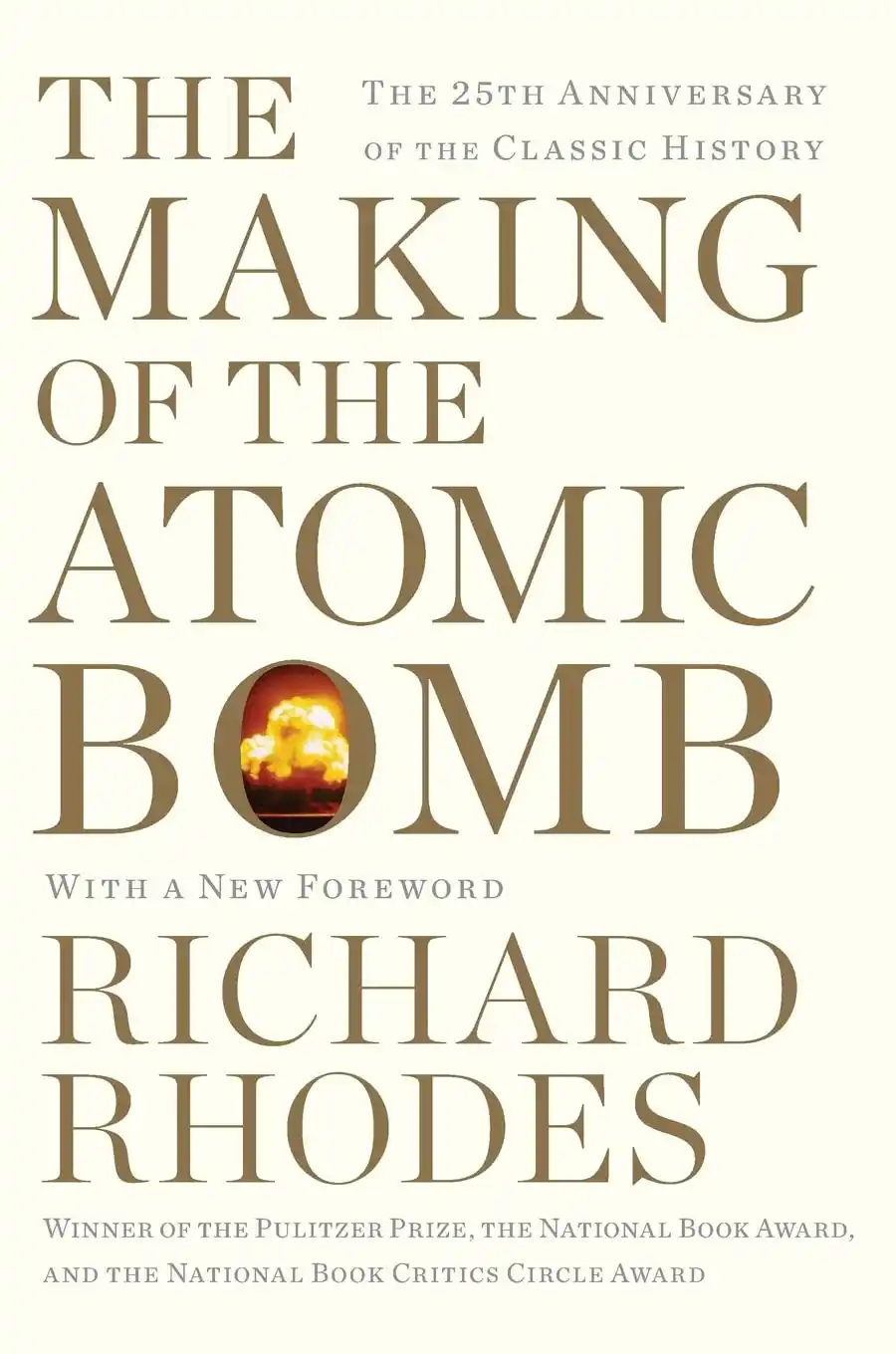
The Making of the Atomic Bomb
by Richard Rhodes
It’s an example of technology being developed very quickly and with very broad implications. Just looking through all the characters and how they reacted to this and how people who were basically scientists gradually realized the incredible implications of the technology and how it would lead them into a world that was very different from the one they were used to.
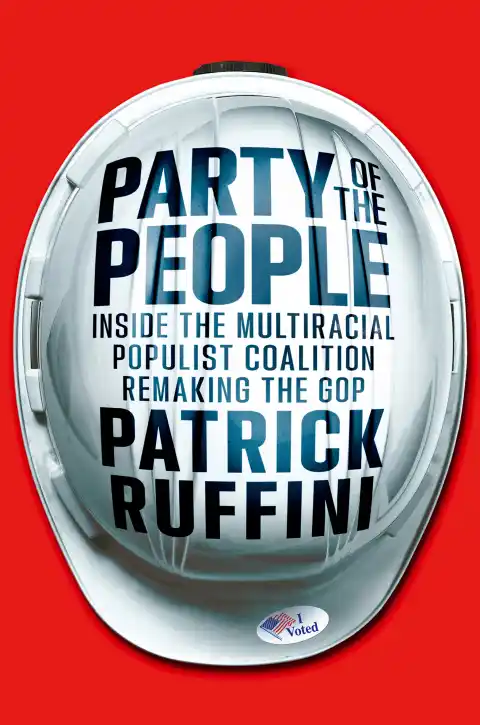
Party of the People
by Patrick Ruffini
It’s all about the multiracial coalition of populist views that has been reshaping the Republican coalition. If you want to know why Donald Trump does better in the Rio Grande in 2020 than he did in 2016, this is the book for you.
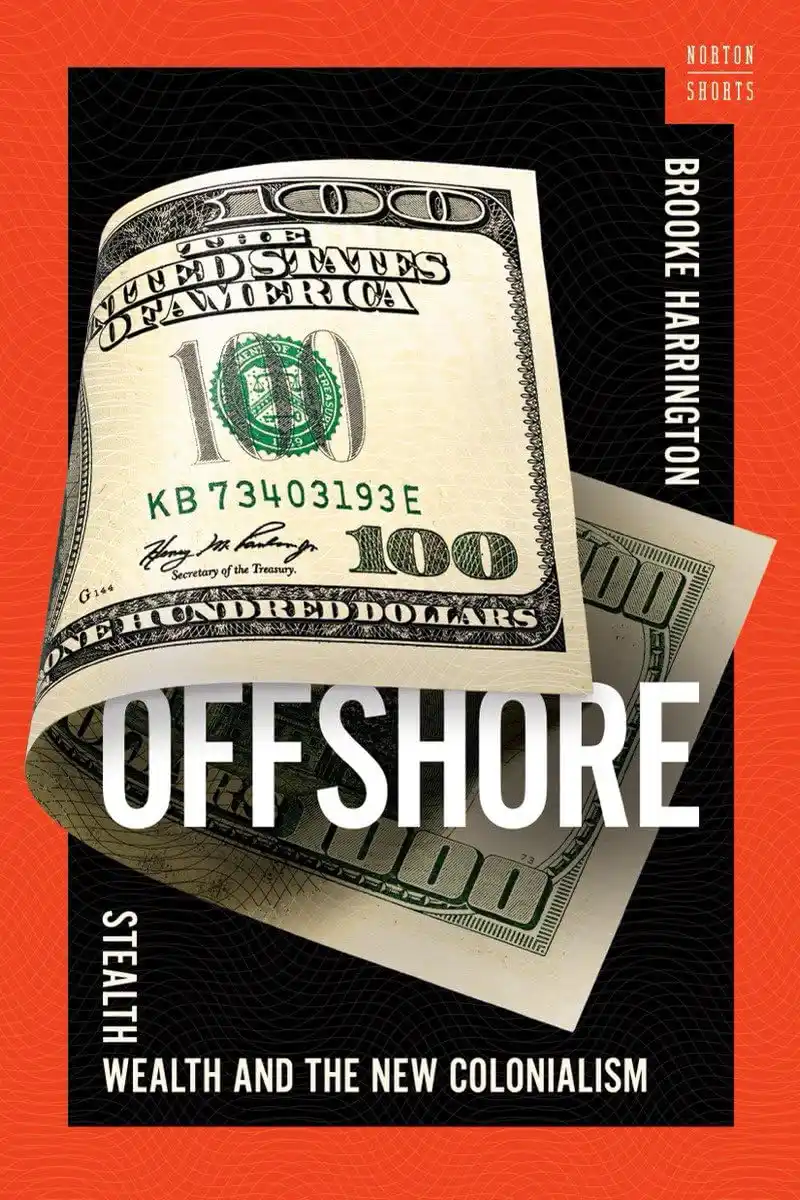
Offshore
by Brooke Harrington
Harrington is a sociologist who, in order to write the book, trained as a financial adviser and so entered that world and learned how it worked from the inside. And she writes very well about the rules, the way the system functions, but also the values of the people who are inside it.
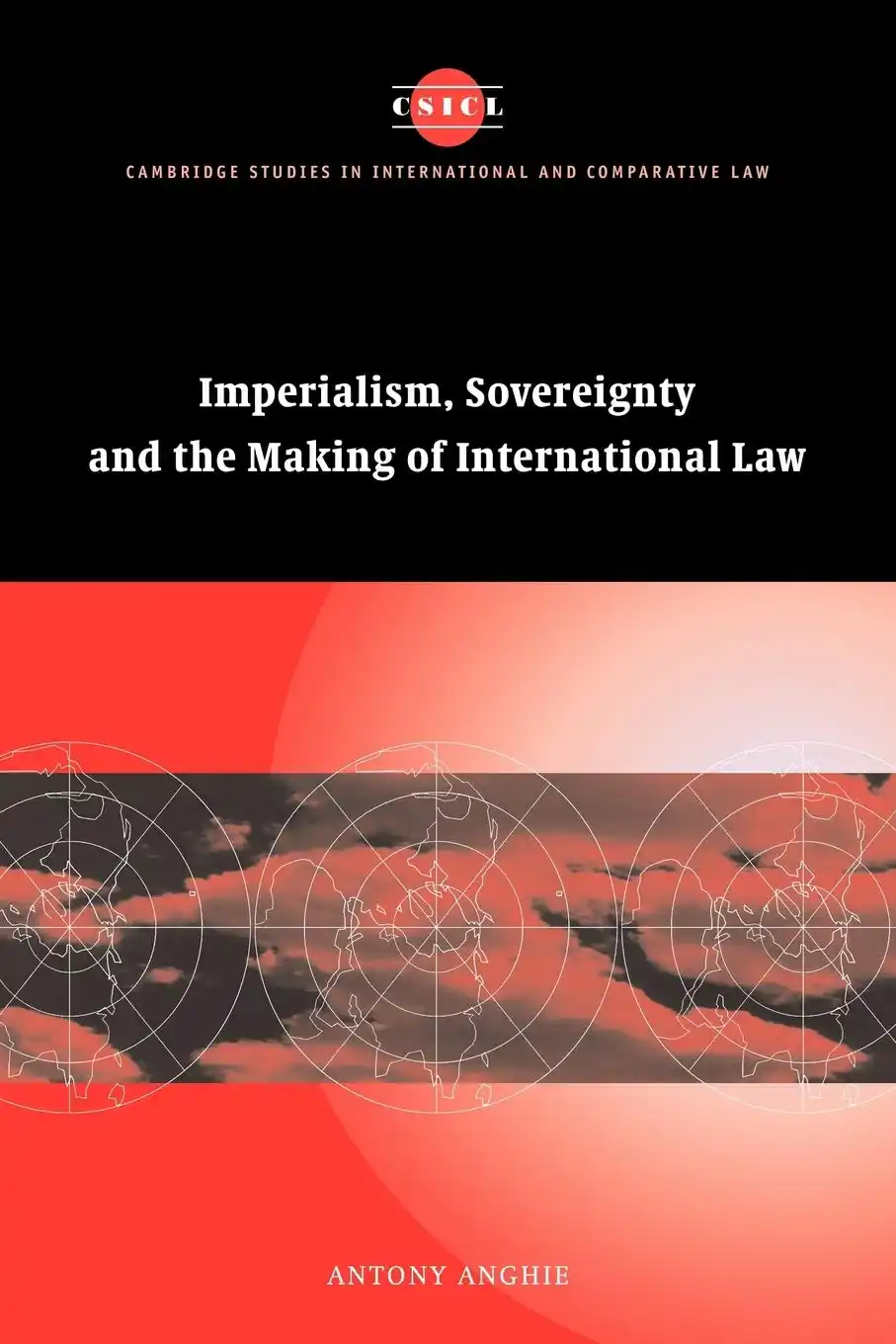
Imperialism, Sovereignty and the Making of International Law
by Antony Anghie
Antony Anghie’s “Imperialism, Sovereignty and the Making of International Law” retells the history of international law, as well as the intellectual history of canonical European jurists, by centering the colonial encounter as the structuring event that triggered the emergence of international law as we know it.
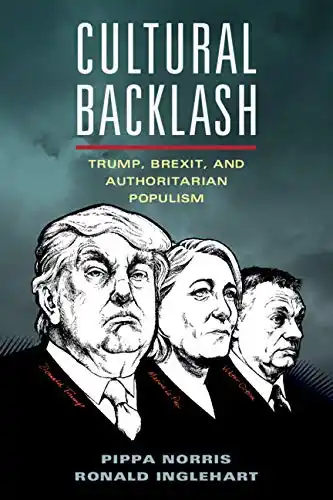
Cultural Backlash
by Pippa Norris, Ronald Inglehart
“Cultural Backlash” by Pippa Norris and Ron Inglehart. They’re two political scientists, and one thing that they do really nicely is use data from around the world to show how a particular kind of authoritarian populism depends very heavily on cultural themes and is really rooted in a sense of social change, cascading social changes, dislocating people from around the world. And their use of data, in particular, I find helpful in going through the very different causal stories people tell about the rise of far-right movements, including ones that oriented and focus on gender.
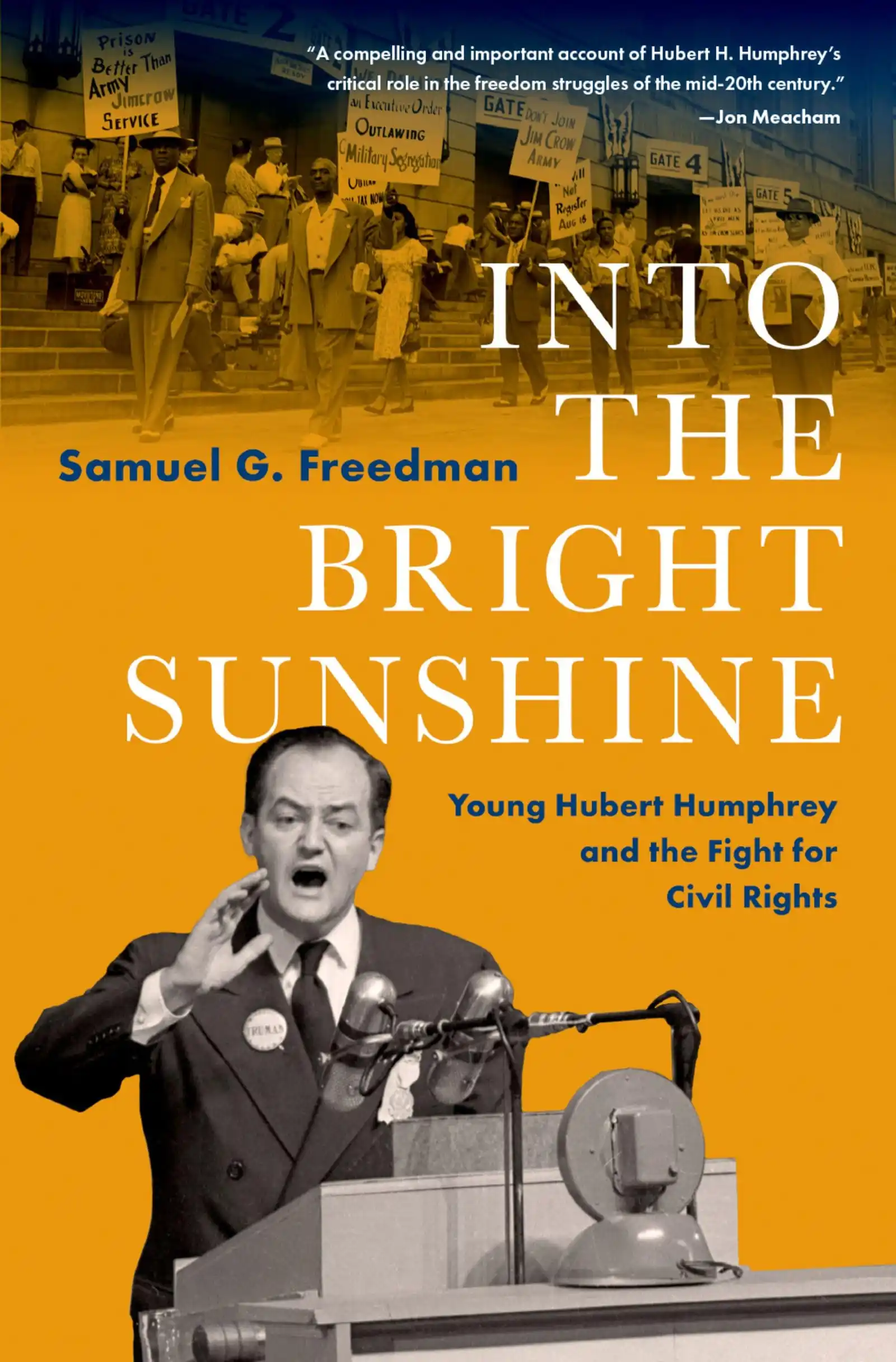
Into the Bright Sunshine
by Samuel G. Freedman
It is basically a biography of Hubert Humphrey up until the 1948 Democratic convention, when he maneuvers with the Americans for Democratic Action to put a strong civil rights plank into the Democratic Party platform. This is one of the real pivotal moments of American political history. And the book details the kinds of changes happening in, especially, American cities, within Democratic politics, through the New Deal, into World War II, that produce both a style of liberalism that Humphrey exemplifies — an activist movement exemplified at the time by A. Philip Randolph and other figures — and how this comes together to produce this major change that fractures the Democratic Party at the time but ends up transforming American politics. Great book. You’ll come away with real appreciation for Humphrey. I did.
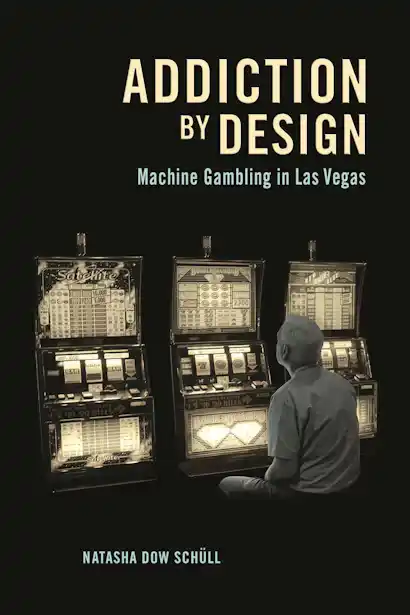
Addiction by Design
by Natasha Dow Schüll
Natasha Dow Schüll is a science and technology studies scholar, an anthropologist by training, and she did an extraordinary book on video poker machines, gambling machines in Vegas. It’s kind of a presmartphone book about the engineering of addiction by the folks who designed those gambling machines and the environments in which they sit. And if you want to have a kind of harrowing inwardness with the sophisticated, dark pattern technologies that can be achieved, even in the most primitive technologies — those machines are not fancy in important ways, right? They are a kind of 19th-century printing press to a modern, full-color laser printer in relation to what we have now in our pockets. But already to see how sophisticated the design of those systems were to suck people in and hold them, it’s amazing.
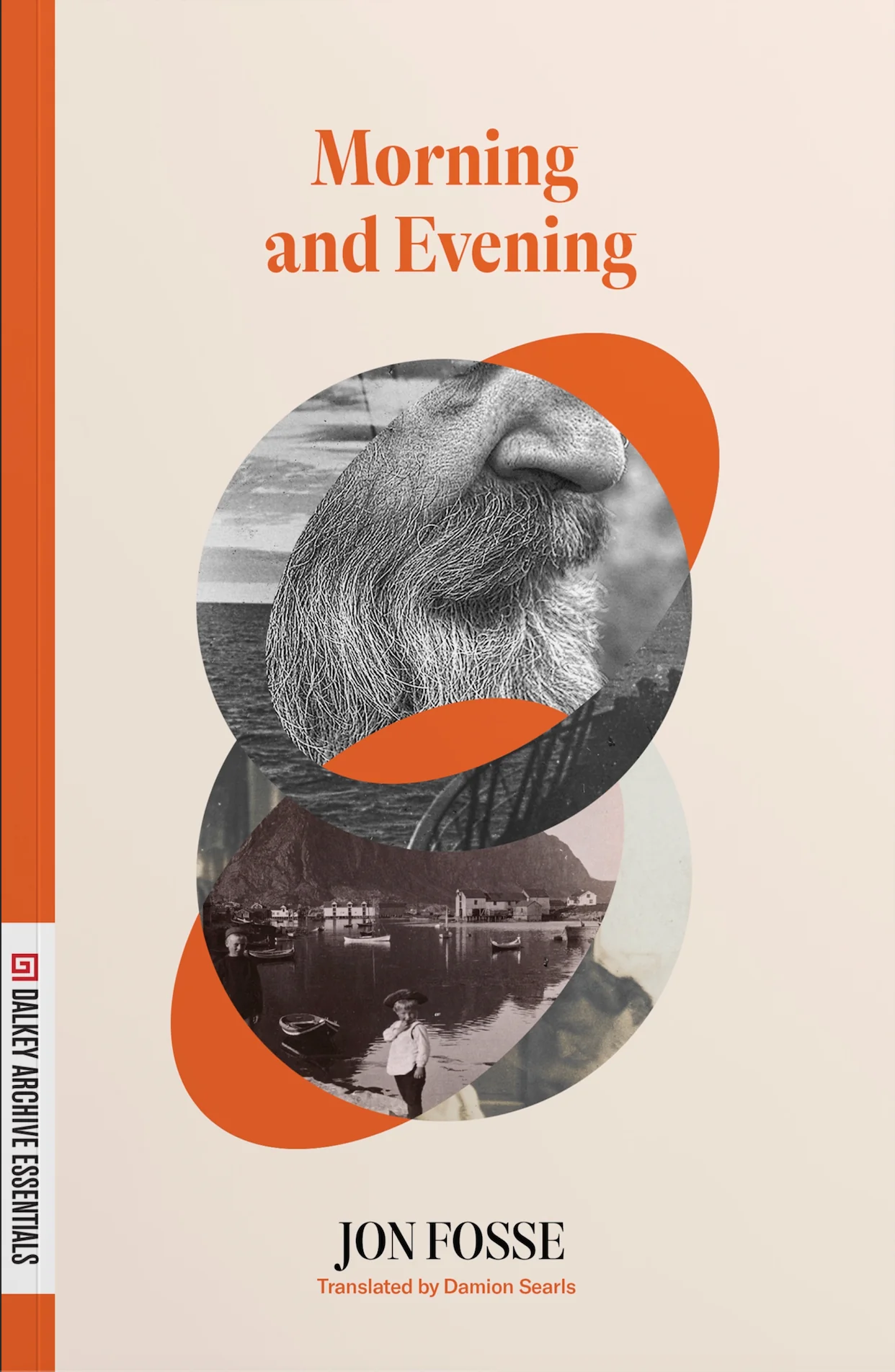
Morning and Evening
by Jon Fosse
I cannot remember the last time I was more emotionally moved by a novel. The first few pages, I almost gave up on it because, like a lot of Nordic writers, he’s not really into punctuation and you have to commit to it a little bit. And then it wound up being this really affecting — it’s hard to describe, but it’s just this really powerful piece of fiction that really moved me. And it made me wonder if I would be moved in the same way if I read it when I was younger or if it’s because I’m a little older and have a family that it meant a lot to me.
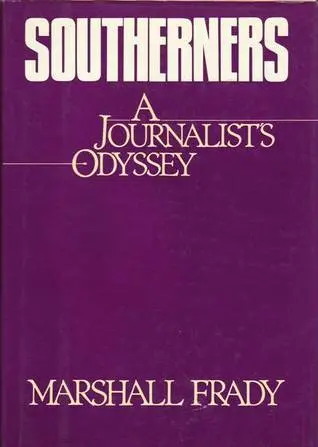
Southerners
by Marshall Frady
It’s an anthology of a lot of profiles and general essays by Marshall Frady, who was a reporter for Newsweek and Harper’s, New York Review of Books, several places in the midcentury during the civil rights era. He is the kind of writer who — you read him, and you almost become angry because you just know you will never be that good at a sentence level. His sentences almost dance off the page. The prose is really compelling. But what I love about his approach to political reporting is sometimes — and maybe this is the Politico-ification of political coverage today — there’s a tendency to treat our elected leaders as omniscient and omnipotent and work from that premise, as opposed to this idea that these are people who, a lot of them, just really don’t know what they’re doing. They’re monkeys fighting for the same crown. And I think Marshall Frady, in taking that latter approach, gets at the truth of the characters he’s writing about much more effectively, showing them as the slapdash figures they so often are.
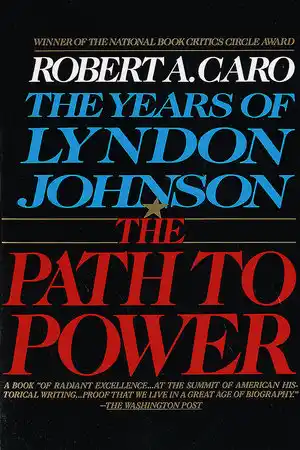
The Path to Power
by Robert Caro
I’d always been skeptical that a four-volume, thousands-of-pages biography could be especially interesting. And I have to say, it’s phenomenal.
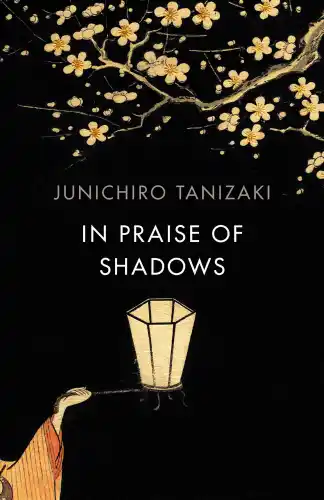
In Praise of Shadows
by Junichiro Tanizaki
This is a very small book or a very long essay, in which Tanizaki muses on his own taste and why he designed his house in a certain way and why he chooses food in a certain way or installs lamps in a certain way. The point at which he was writing was just as Tokyo was industrializing. It was when neon lights were being installed and trains were running through the city. In the essay he offers this puzzle of what if modernity or industrialization had been invented by Japanese people instead of the West? How could the world be different? And I just find it so powerful because it’s looking at the world from the opposite direction. He’s like: What if you prized shadows as much as sunlight? What if you thought about dimness as much as you think about illumination or soft decaying textures as much as you think about perfectly clean, bright porcelain? I’ve thought about it every day since I read it.
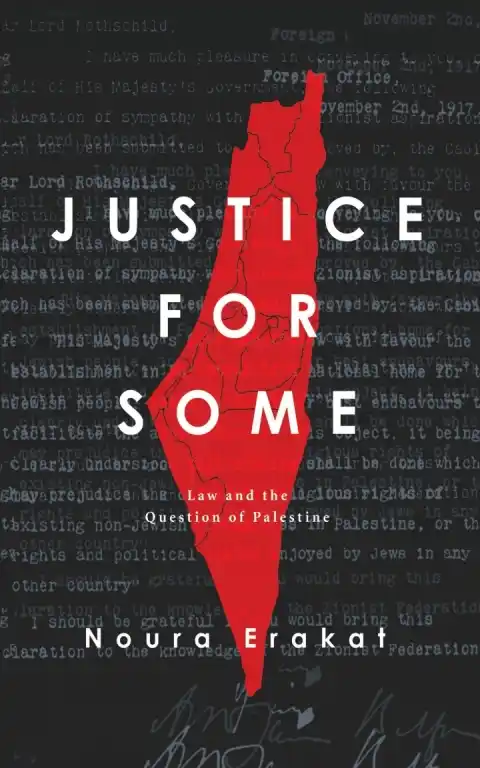
Justice for Some
by Noura Erakat
“Justice for Some” is supposed to be an analysis — and it is this — of the legal work, as she calls it, that undergirds Israel and Israeli rule of Palestinians. But actually, it’s a beautiful narrative history, which I just thought was remarkable.
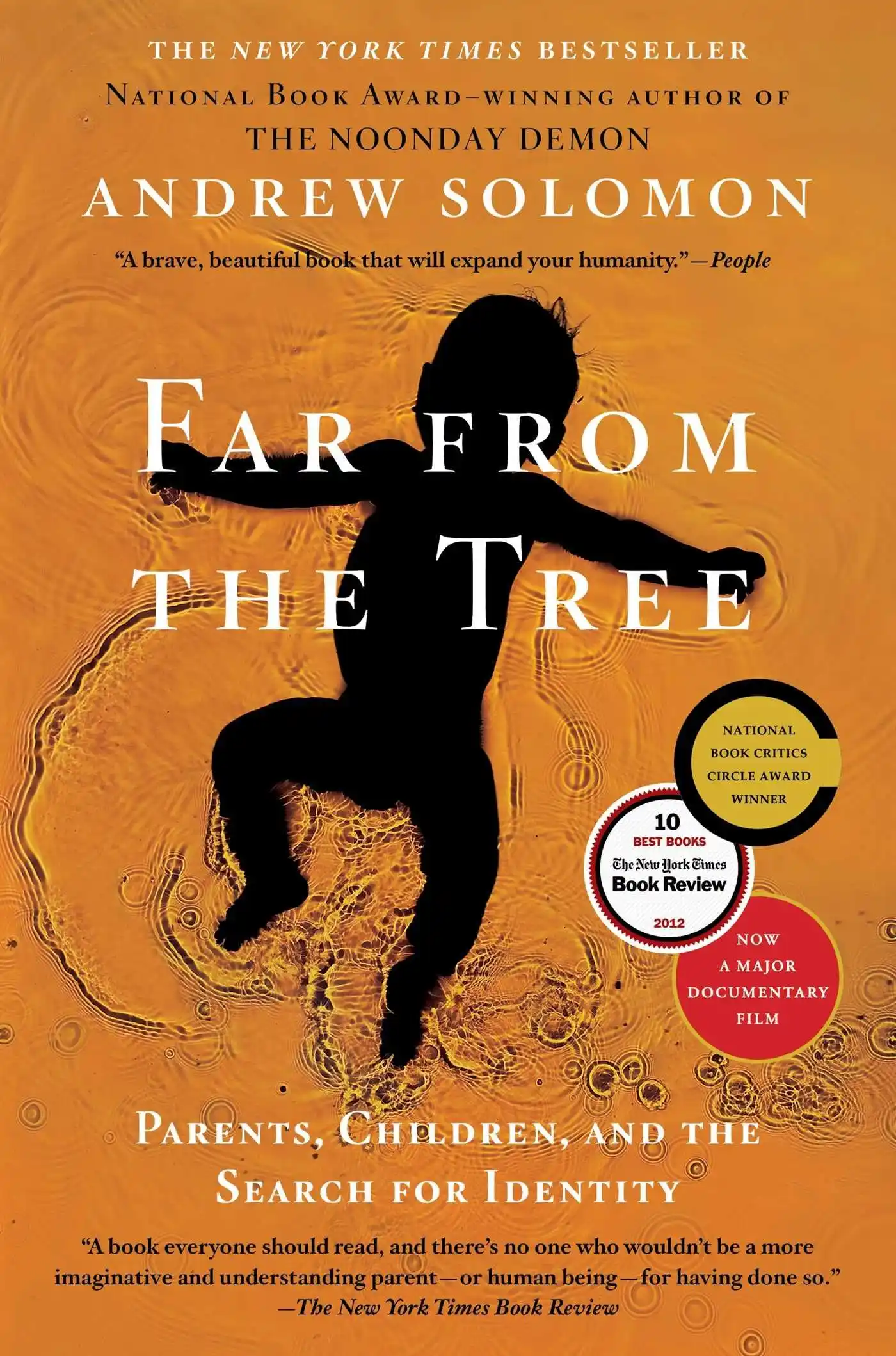
Far From the Tree
by Andrew Solomon
It made a huge impact on me. It’s a nonfiction book about parents who are fundamentally different from their child on some dimension, and every chapter is about a different one, like, children who have dwarfism, who are deaf, who are prodigies, who are trans. And he’s looking at the extreme for a situation that, I think, is true of all parents: that you are raising a child who is not you, who is a different being and, especially with these parents and these children, they have to learn to love their kids on their own terms. It’s really a beautiful book.
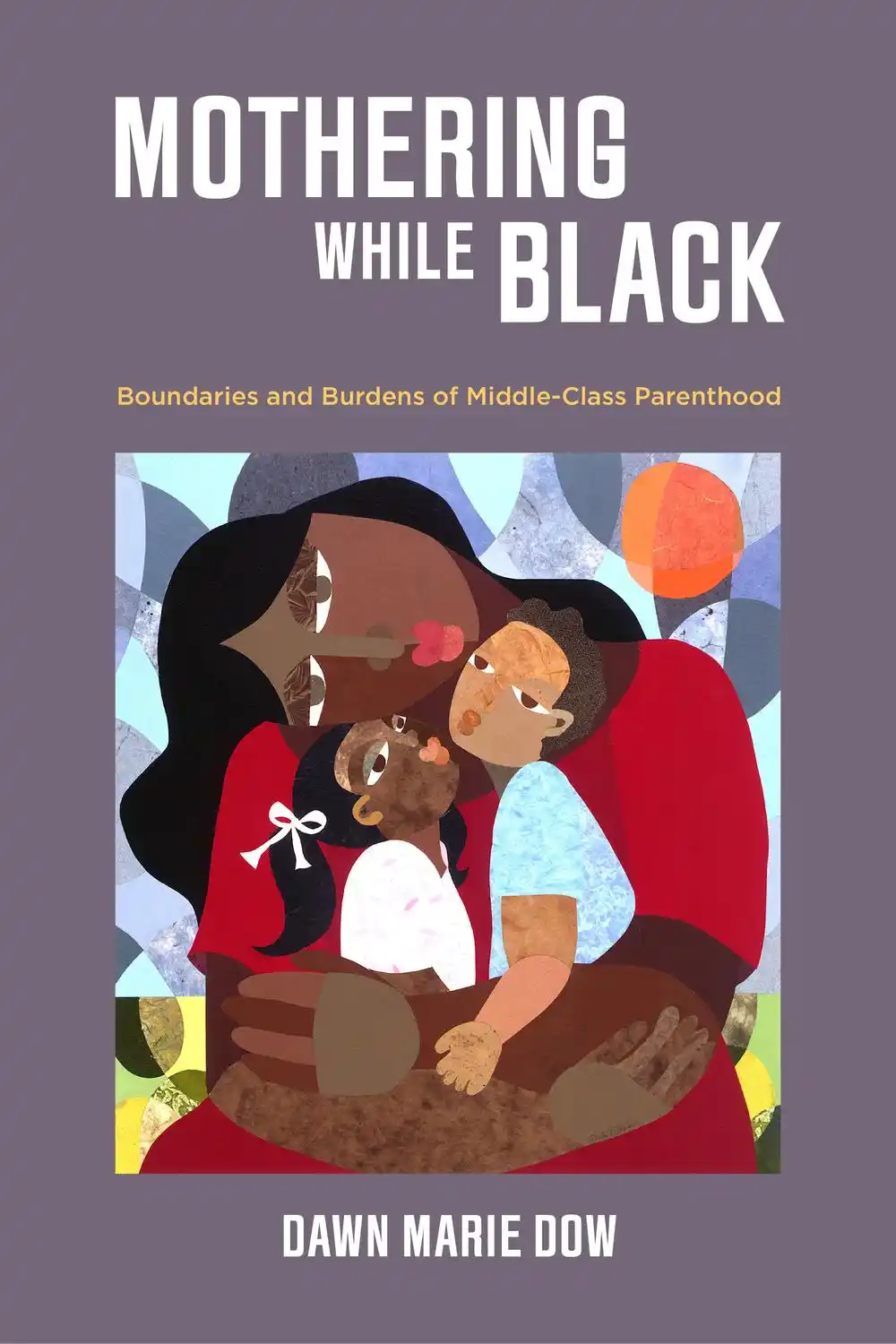
Mothering While Black
by Dawn Marie Dow
I think of Dawn’s book as this fabulous, crucial complement to my own about the necessity of an intersectional approach to studying work and family. And she really shows us that the frameworks researchers are using to study middle-class families tend to really focus on white moms’ experiences, which are, unsurprisingly, very dissimilar to how African American middle-class moms are navigating often very different expectations about breadwinning and caregiving.
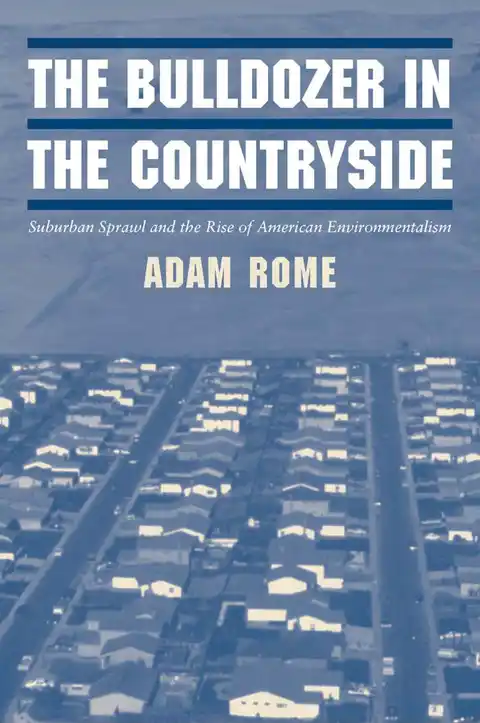
The Bulldozer in the Countryside
by Adam Rome
It’s another really great book about environmentalism and really situates environmentalism in the United States as coming up as a reaction to changes in the urban core and suburbanization, that that is really the catalyzing force for how it gets so many adherents is that suburbanites really get concerned about the change in their communities.
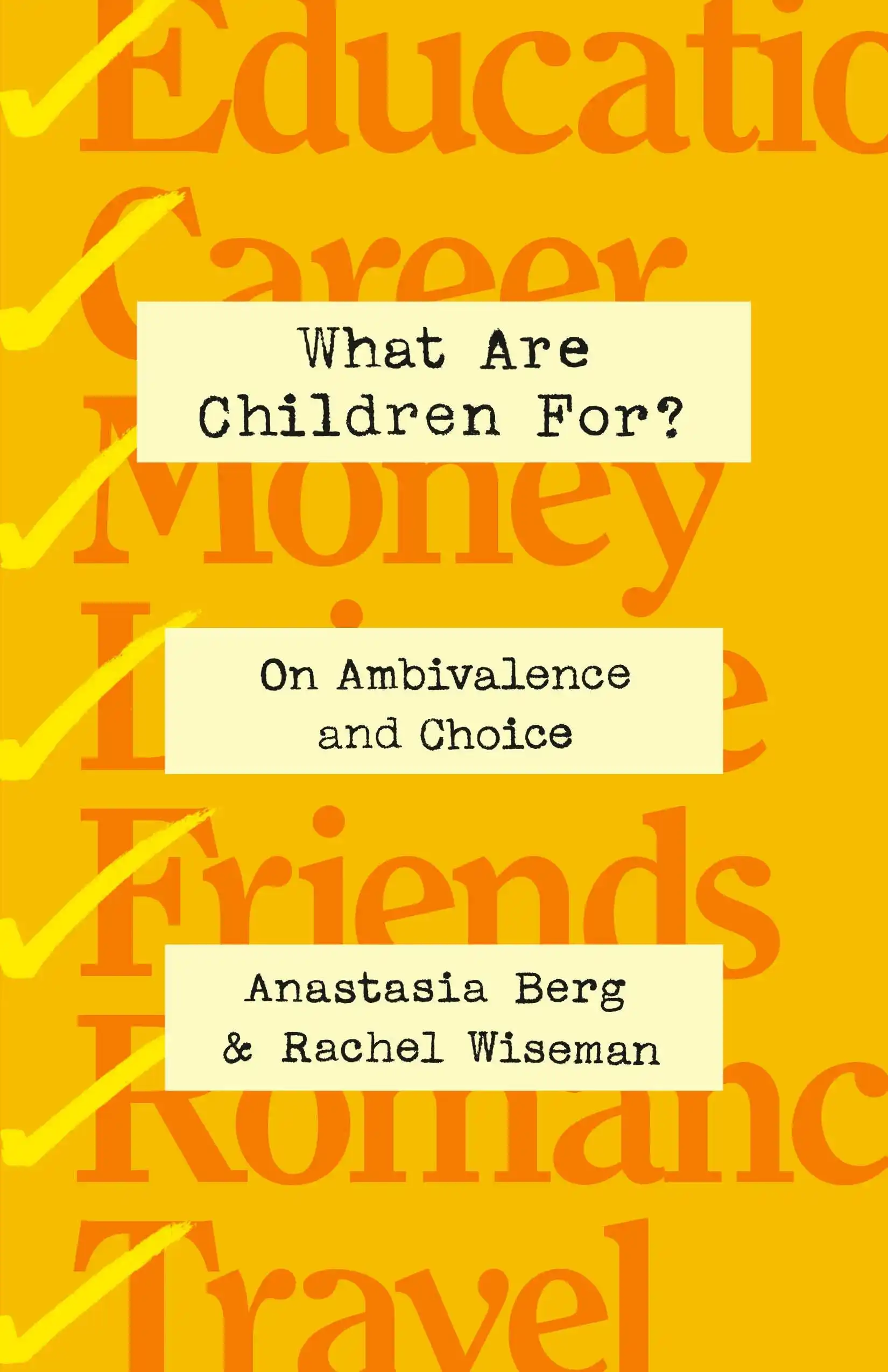
What Are Children For?
by Anastasia Berg and Rachel Wiseman
It addresses the question of why young people aren’t having kids. And it goes through the arguments in a philosophical sense, trying to deeply engage with the worries that people have, whether metaphysical or material.
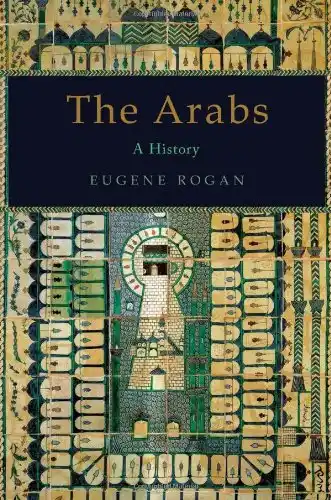
The Arabs
by Eugene Rogan
The beautiful thing about this book is it’s done by a non-Arab but through the prism of how Arabs see themselves and how they lived and experienced various episodes of their lives — like, for example, the Arab Spring.
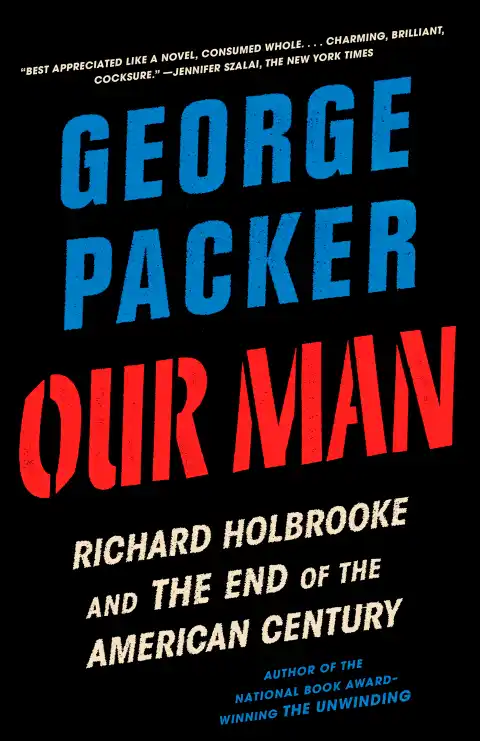
Our Man
by George Packer
One of my favorite biographies, full stop, is George Packer’s biography of the diplomat Richard Holbrooke. The book is written in the style of a novel. It’s an incredibly intimate portrait of a larger-than-life, deeply flawed human being who was able to negotiate peace in the Balkans, what was considered to be then an intractable conflict.
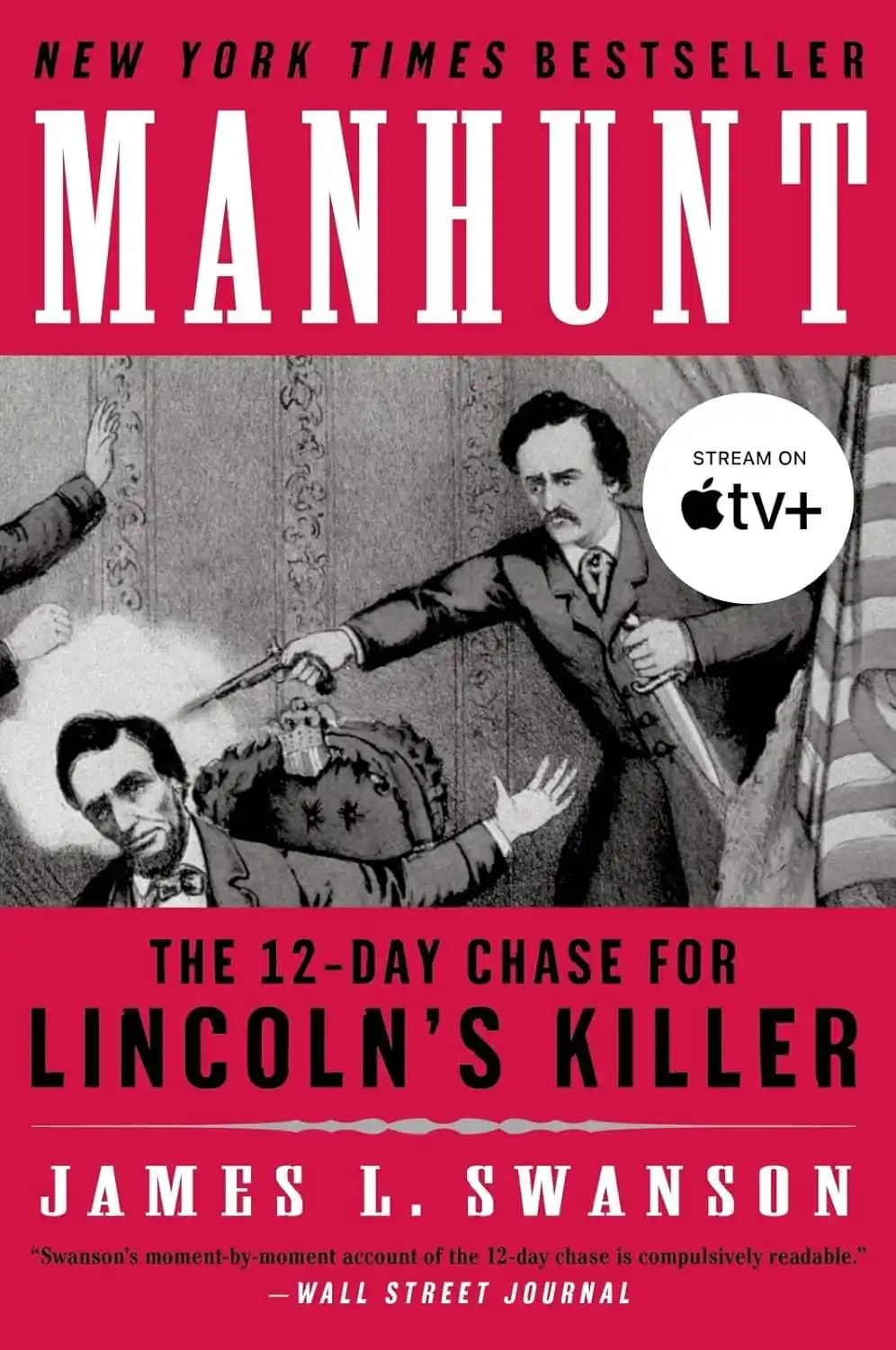
Manhunt
by James L. Swanson
It feels like I’m reading a script for a television crime drama. It takes the assassination of Lincoln and puts it into a modern frame of how we think about solving cases. It’s like a criminal procedural, as well as a historical account. It’s really good. It’s a very gripping read. And it made me ask a question: Given all that happened after he died, was the killing of Abraham Lincoln the most consequential political assassination in all of American history? And I think it might have been.
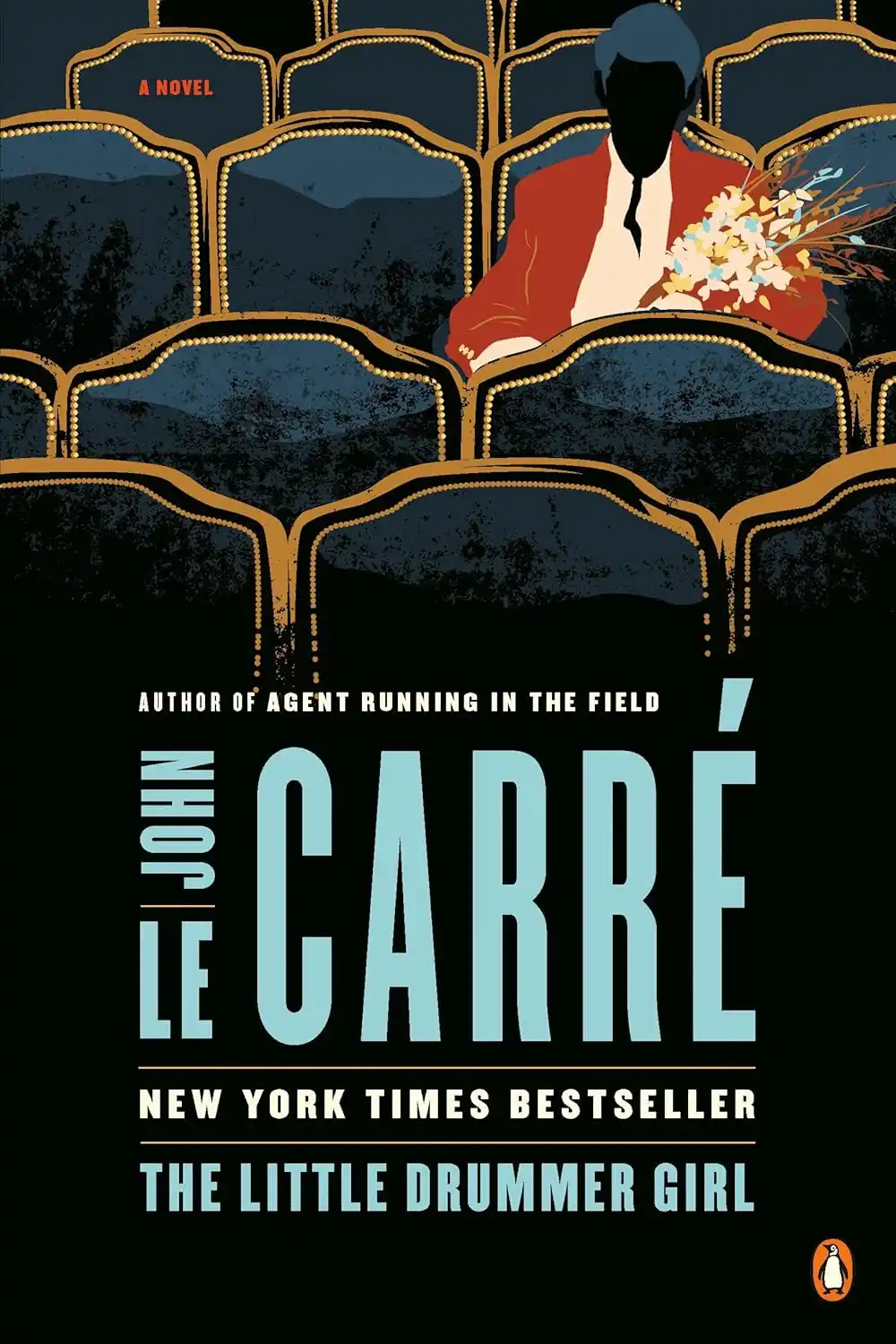
The Little Drummer Girl
by John Le Carré
A study in all the moral complexities of the Israeli-Palestinian conflict.
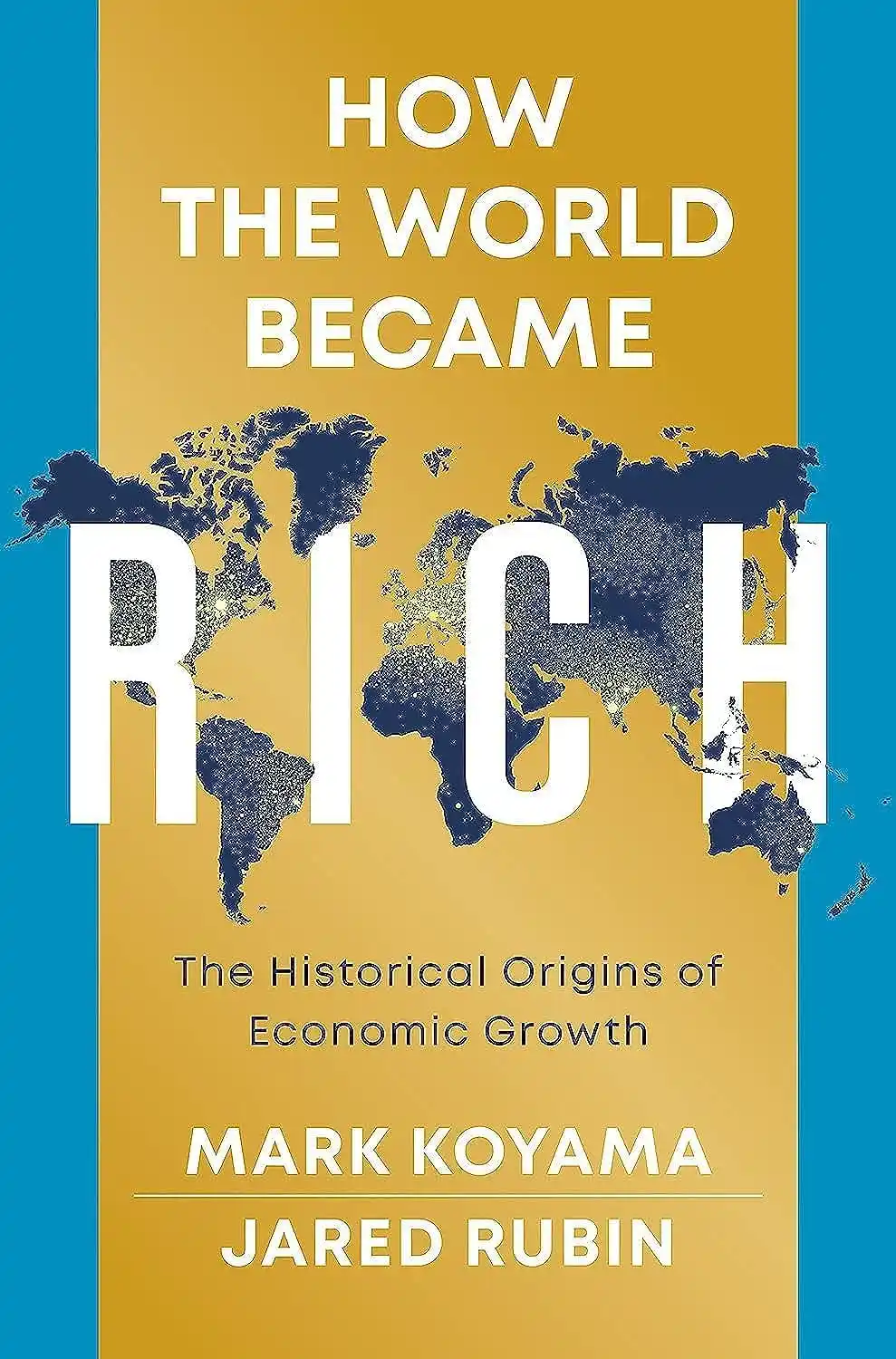
How the World Became Rich
by Mark Koyama and Jared Rubin
It’s just an amazing synthesis of the research in the last 20 years that looks in a deep way at the role that institutions, culture, geography and other factors have played in the enormous transformation of humankind.
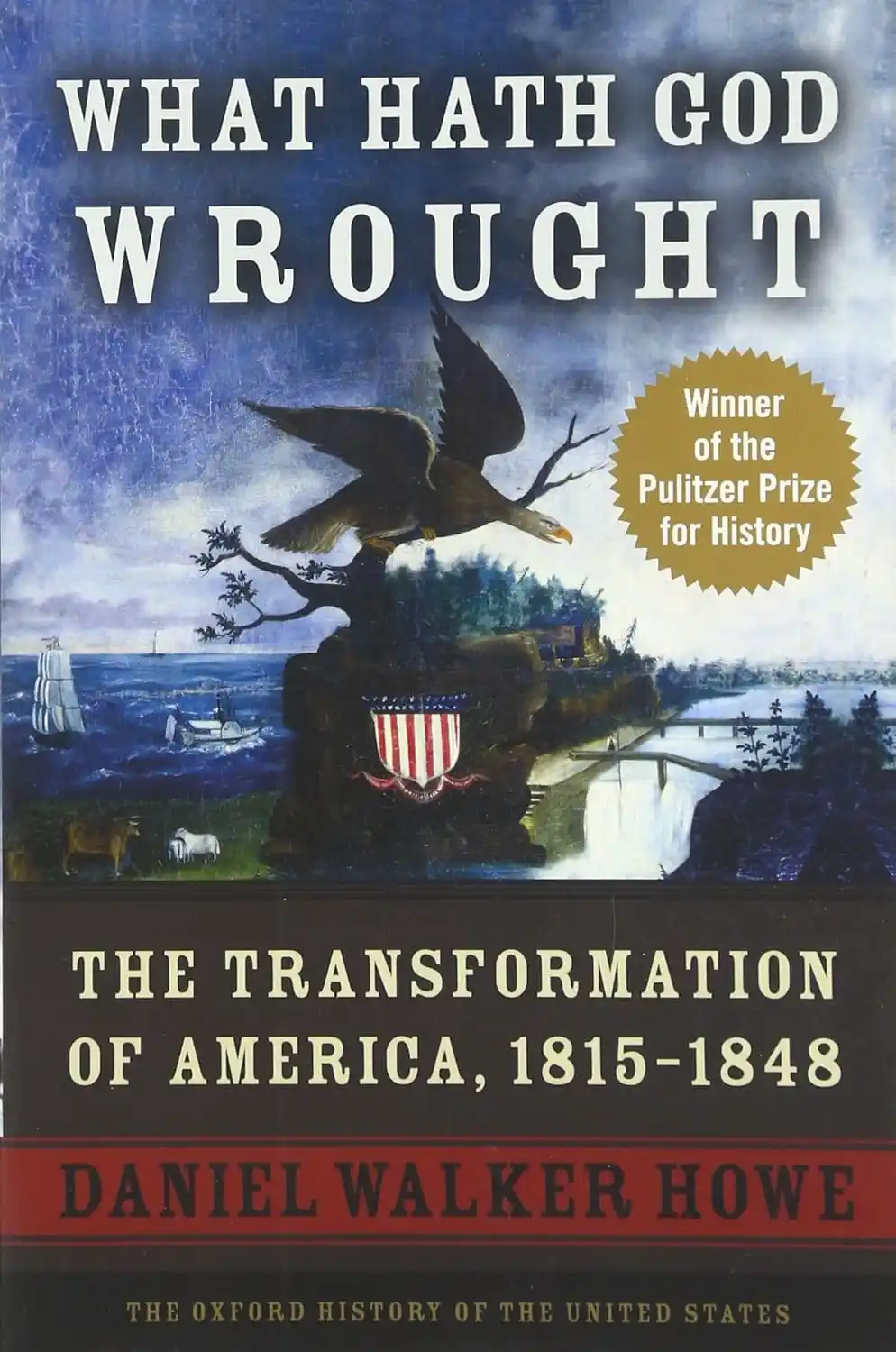
What Hath God Wrought?
by Daniel Walker Howe
It’s a wonderful history. But I just think it’s so interesting to see how the country, although it was so different back then, there are so many things that feel familiar. So many culture wars. So many political issues. So many different divisions between different geographic parts of the country that really still have some kind of resonance with today. And I just think it’s a wonderful book and everybody should read it.
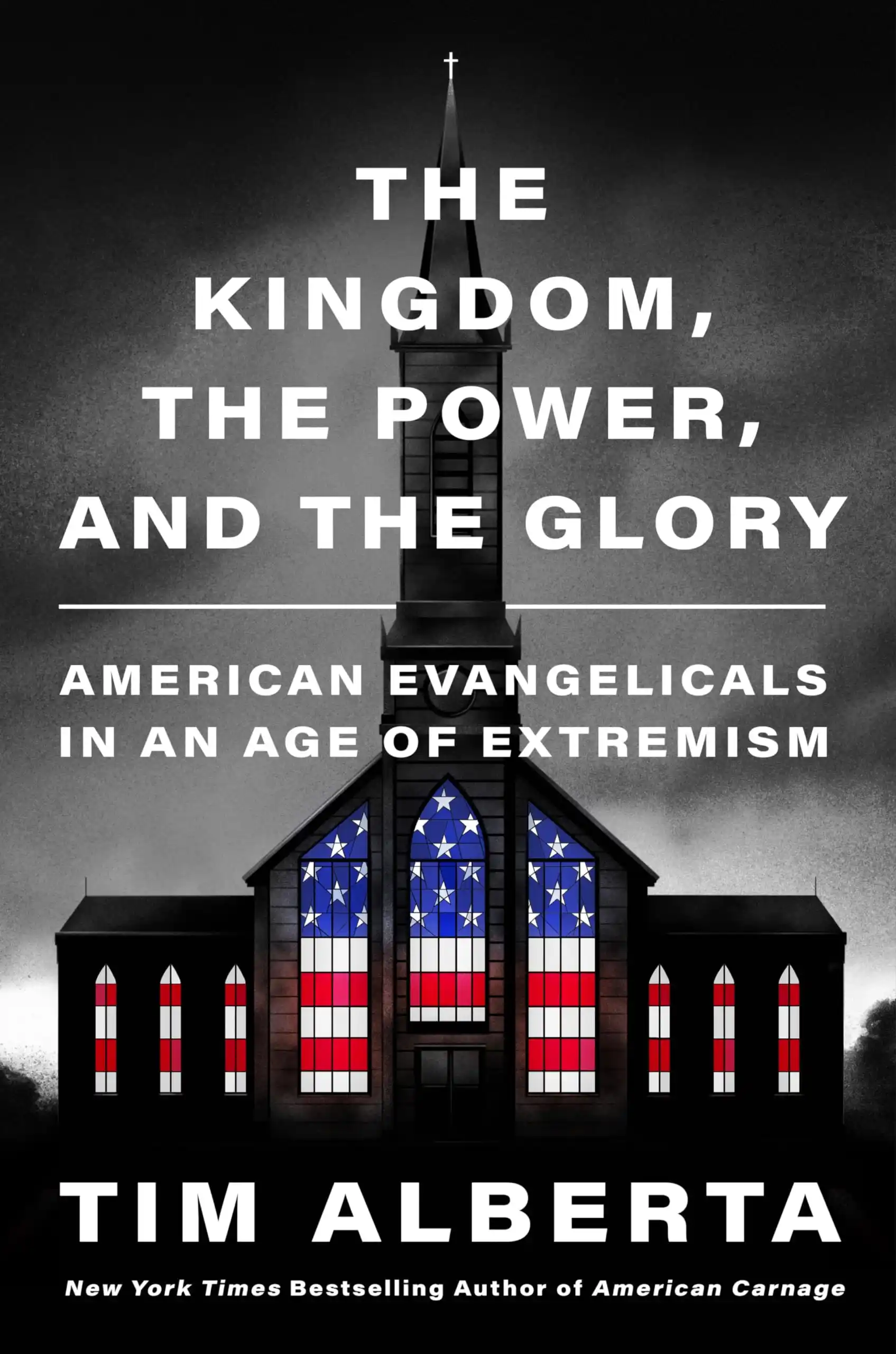
The Kingdom, the Power, and the Glory
by Tim Alberta
Part of what I’ve been trying to understand is how sincere Christians have been able to give such incredible support to the man who I regard as the most pagan man ever to inhabit the White House. A book that helped me a great deal is Tim Alberta’s book “The Kingdom, the Power and the Glory: American Evangelicals in an Age of Extremism.” He took me into a world that I otherwise didn’t have accessibility to, and he helped me to understand a great deal that I did not, so I thank him for that.
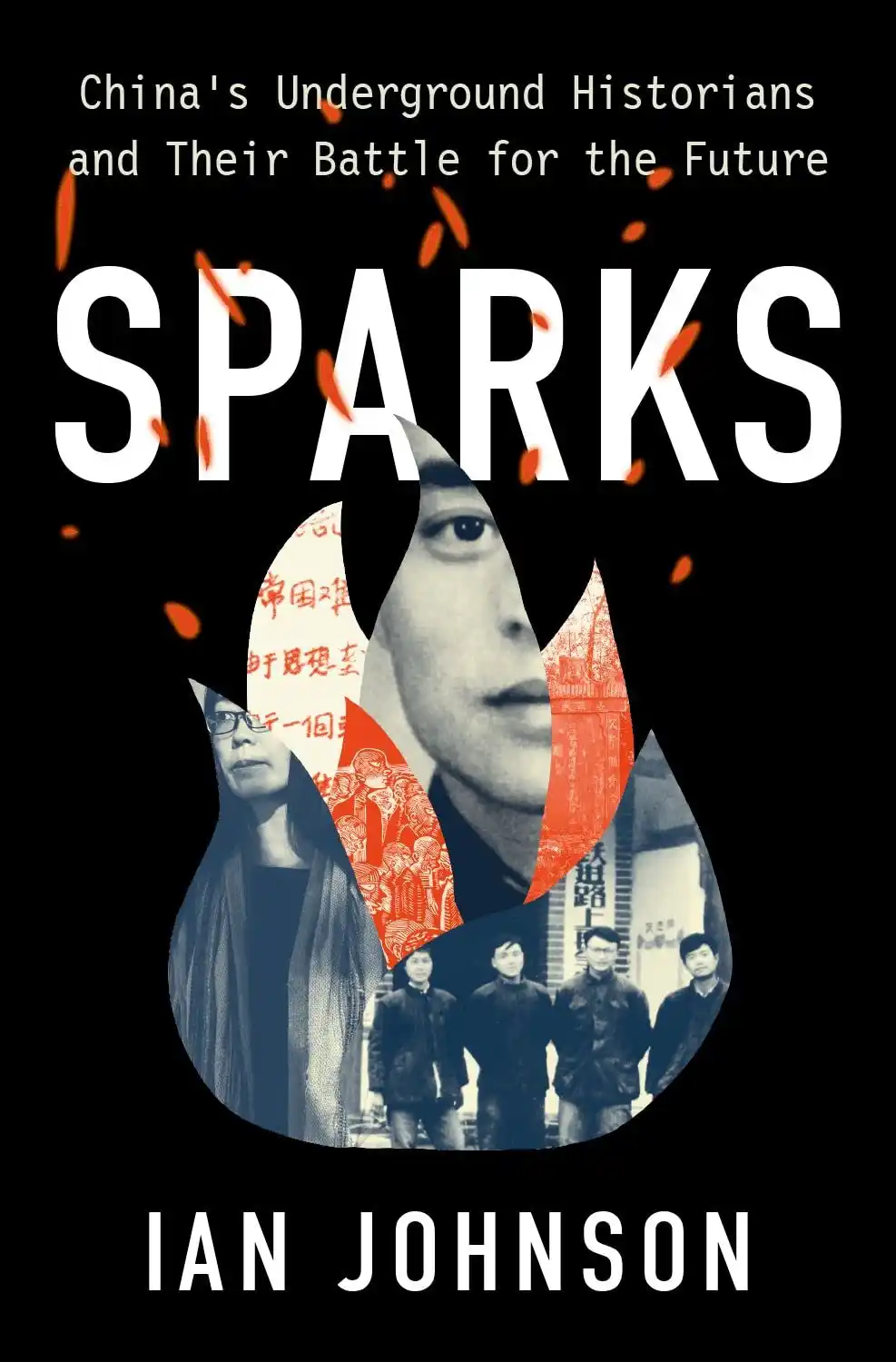
Sparks
by Ian Johnson
It’s a story about these truly courageous Chinese historians who have fought the party, fought the leadership, showing tremendous bravery. And it’s also fascinating how much the party cares about history. And you realize that the battle of history is not some arcane thing about the past. The battle over history is a political struggle for the present and future. And it’s just wonderfully written.
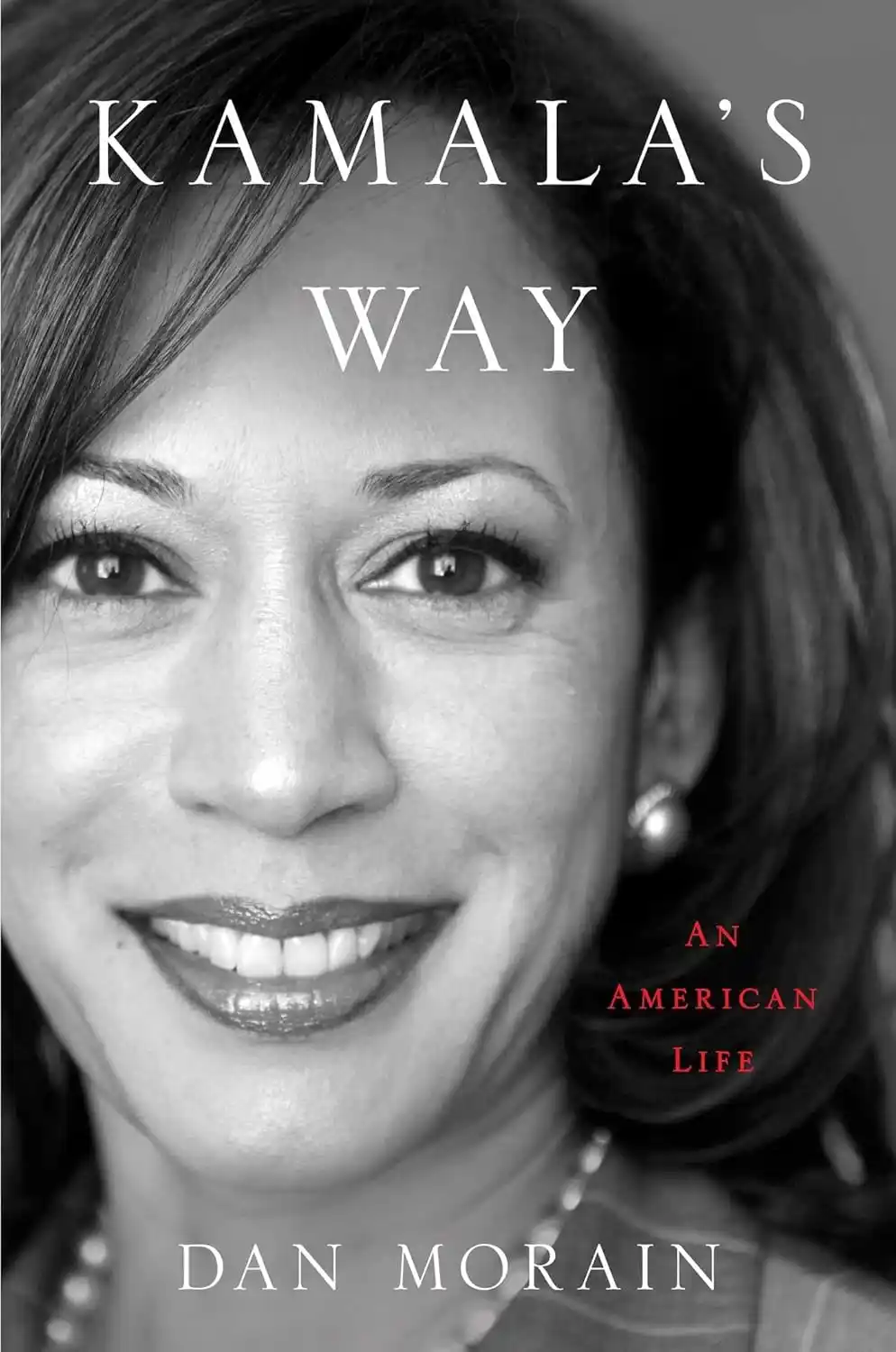
Kamala’s Way
by Dan Morain
It’s the best complete bio I’ve read about her.
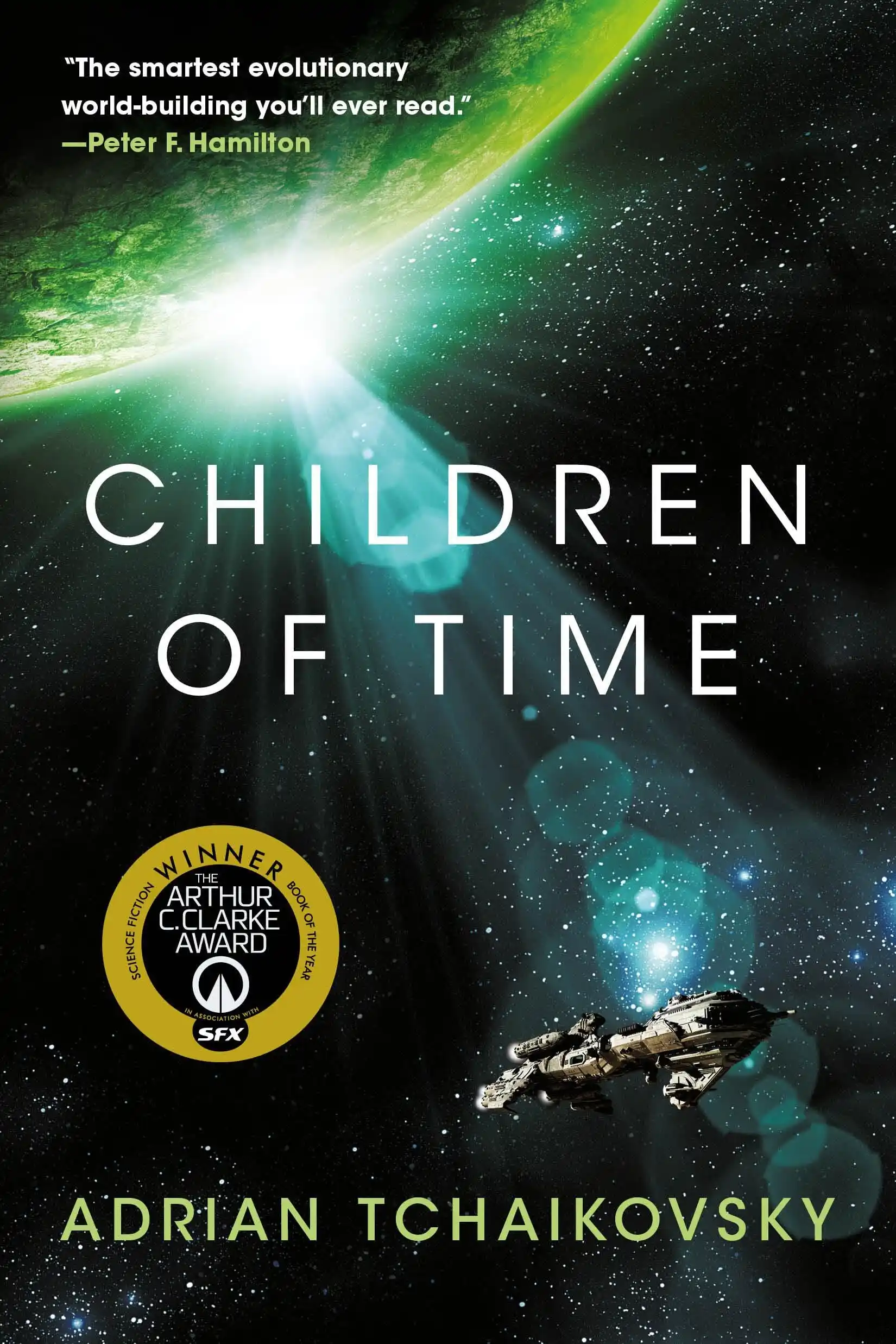
Children of Time
by Adrian Tchaikovsky
A really enjoyable A.I. science fiction about intelligent, genetically modified spiders. So you kind see the kind of society and technology that a superintelligent spider society would build, which I love.
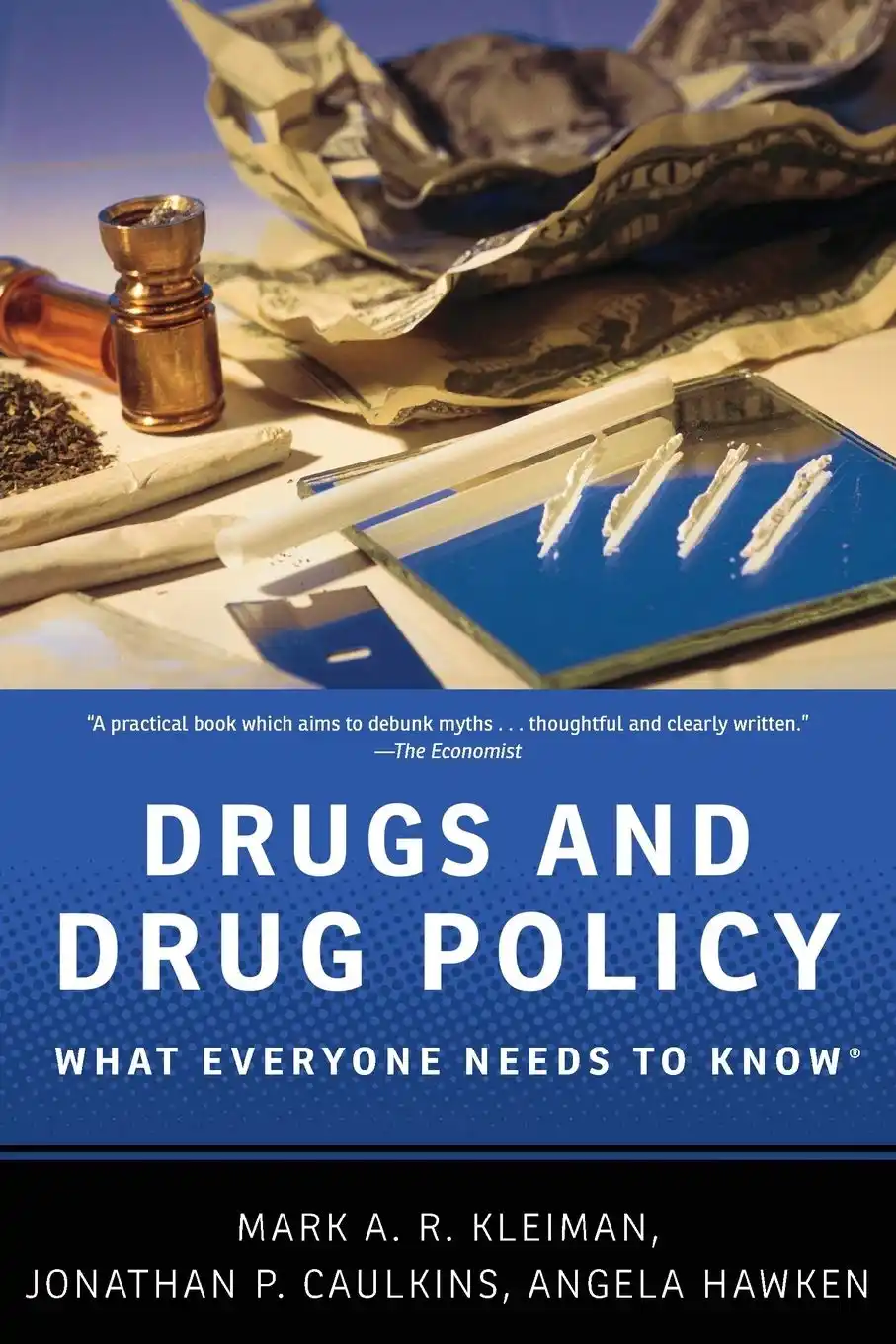
Drugs and Drug Policy
by Mark A.R. Kleiman, Jonathan P. Caulkins and Angela Hawken
It is exactly what the title promises. It’s accessible. It’s something you can dip into and out of and answer any question you want. And I also point to it as just a model of how academics in any area can write in such a fashion that a broad audience can engage their work and learn from it.
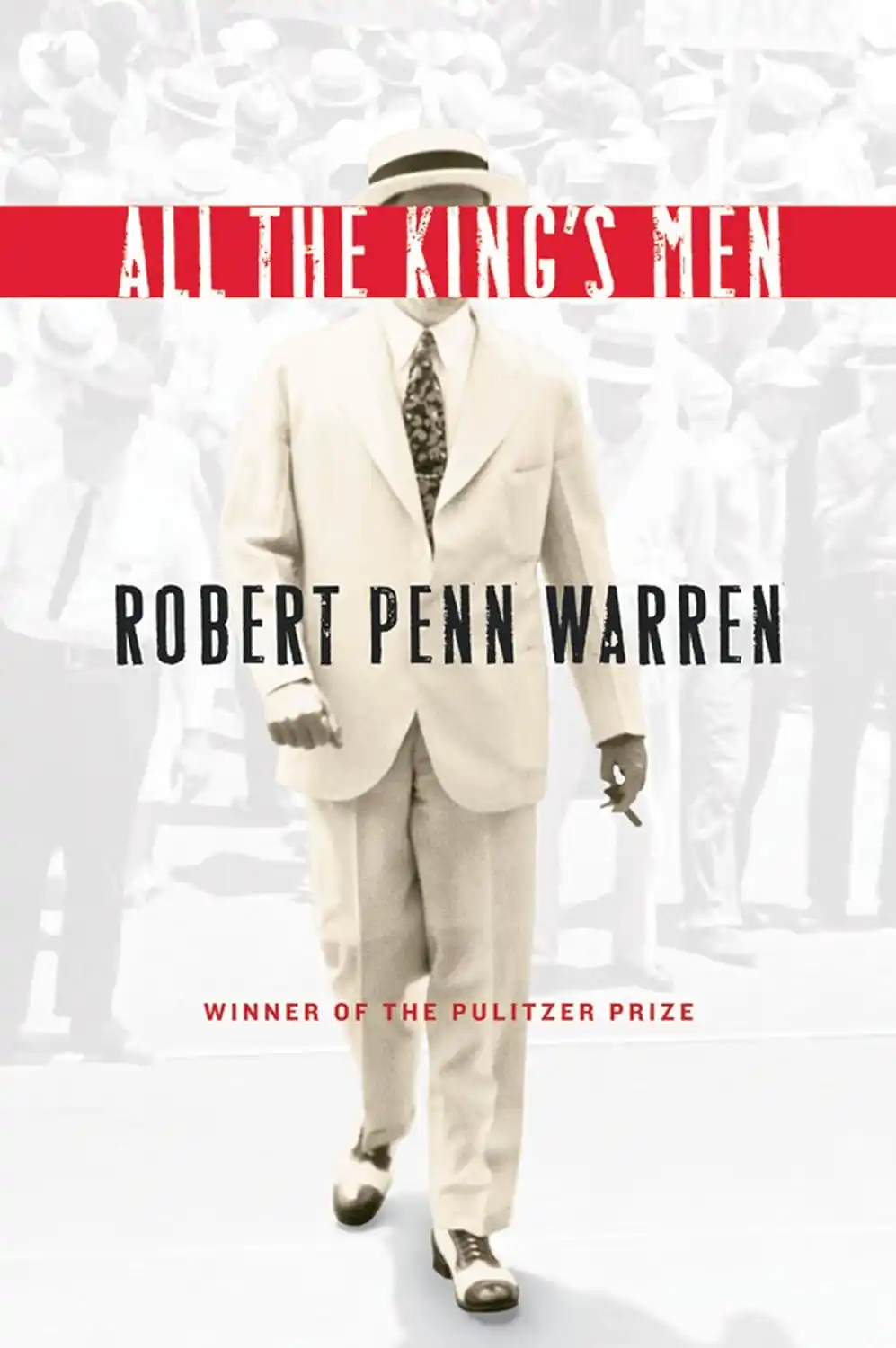
All the King’s Men
by Robert Penn Warren
This is an old one by Robert Penn Warren, and there’s lots in it about party conventions and all the deal making that goes on.
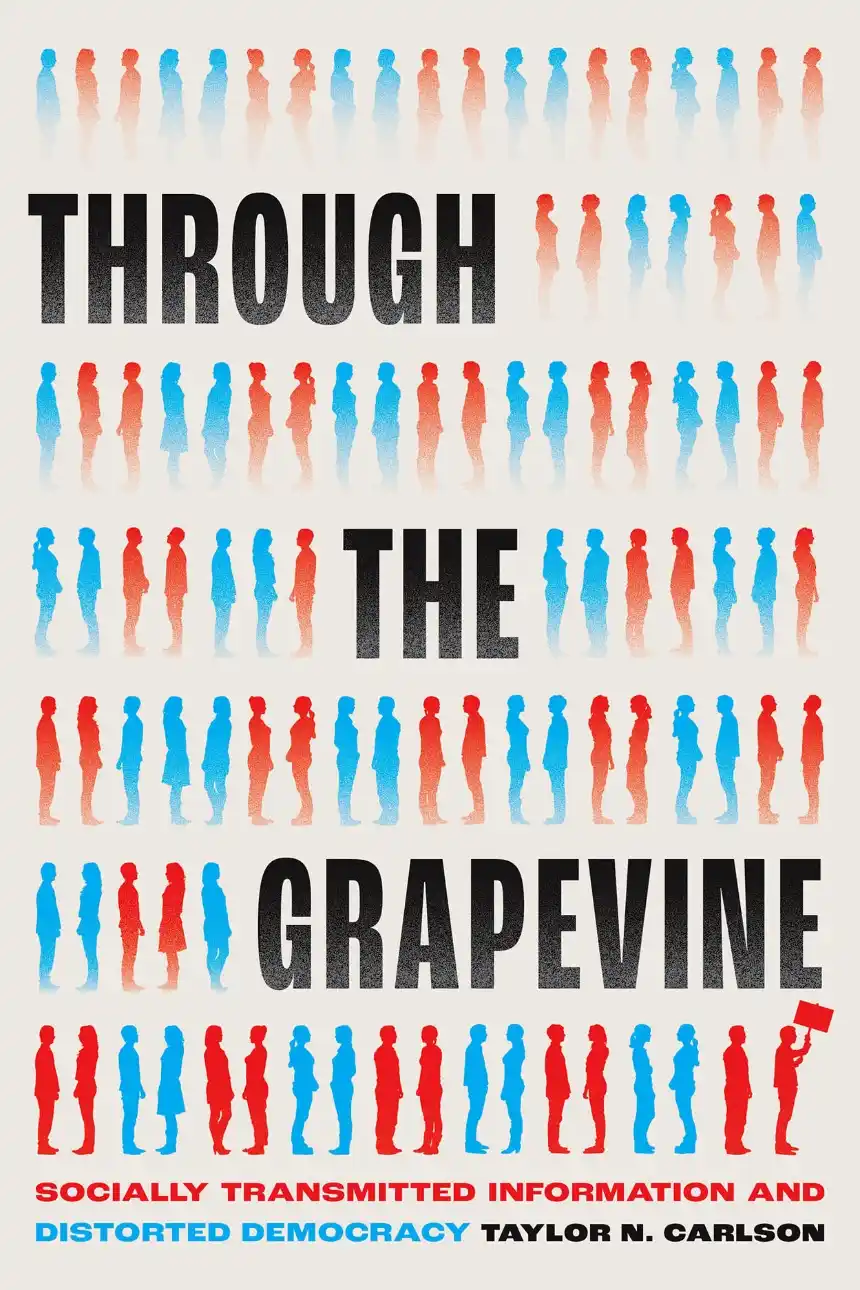
Through the Grapevine
by Taylor N. Carlson
A book about what happens when we count on other people to tell us about political news, how people get it wrong and what ends up happening if that’s who we are dependent on.
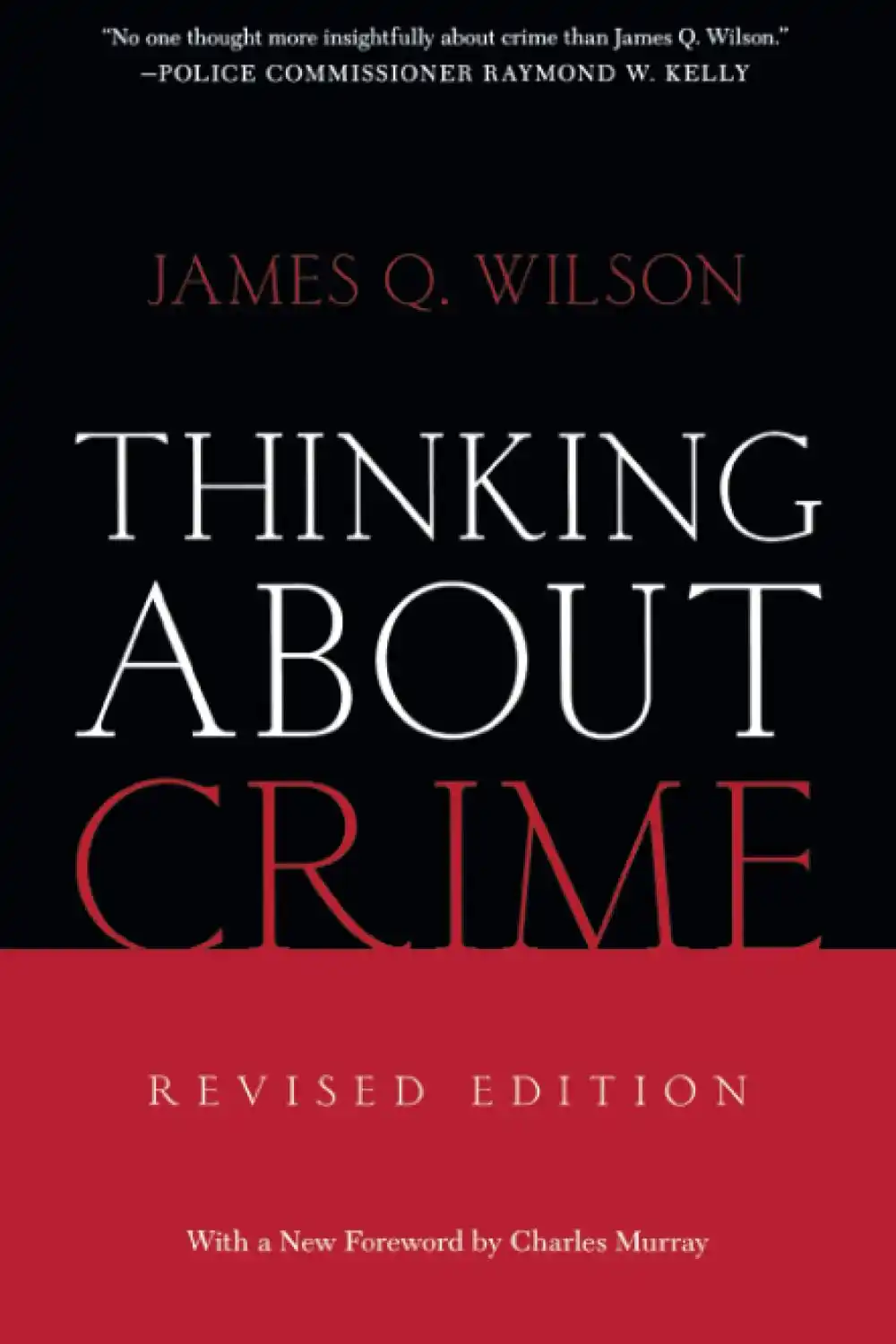
Thinking About Crime
by James Q. Wilson
The political scientist James Q. Wilson is arguably one of the most influential political scientists of the 20th century — my personal ideological hero. And his collection of essays “Thinking About Crime” was really influential on how I think about crime.
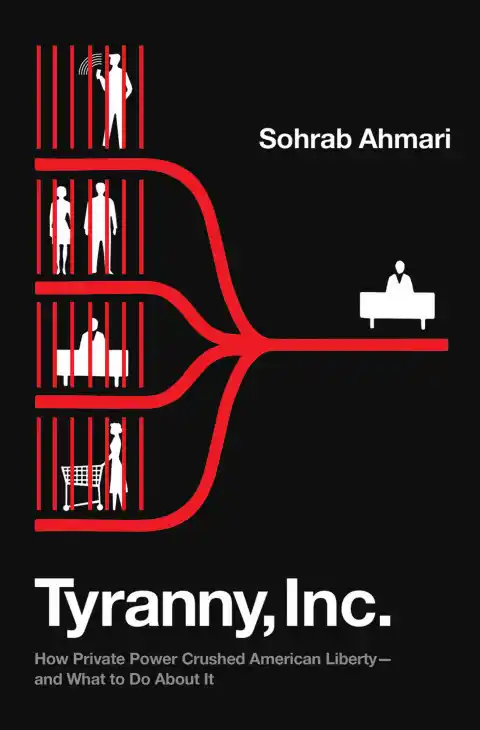
Tyranny, Inc.
by Sohrab Ahmari
Whether this is influential or not in the Trump-Vance administration, we’ll see. But it’s worth reading by itself.
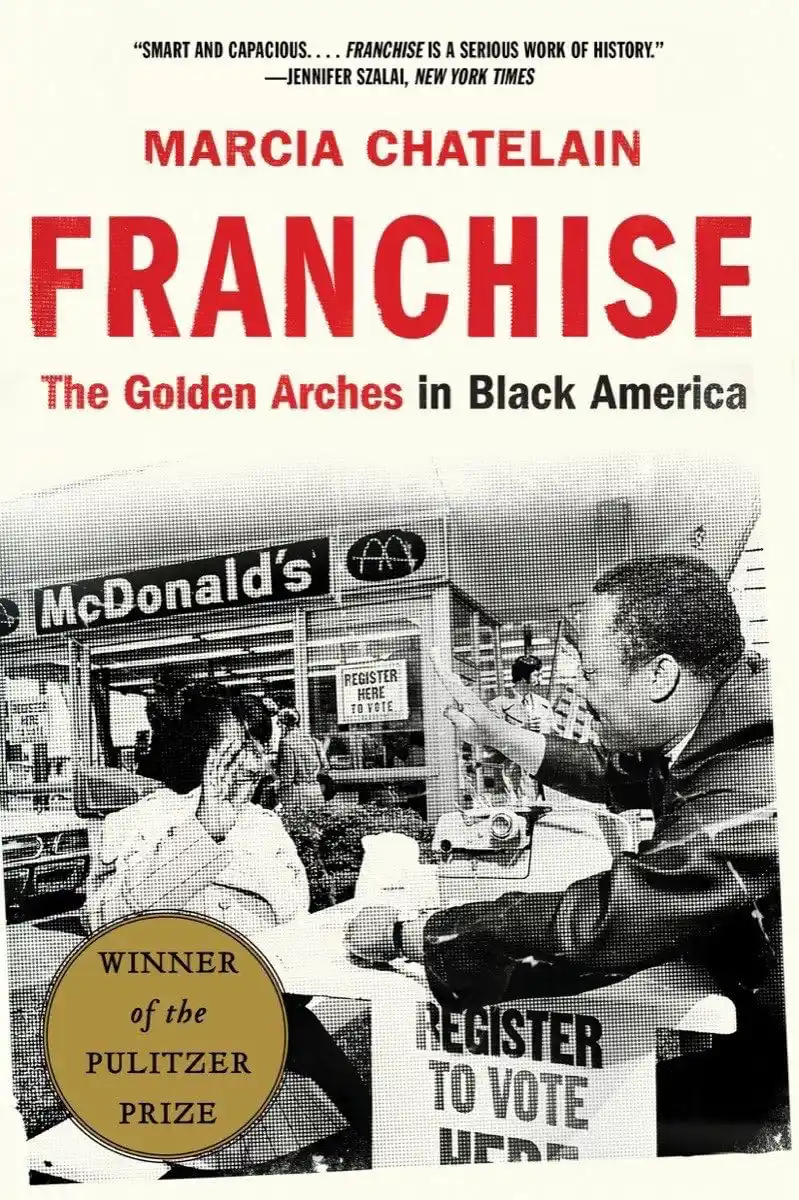
Franchise
by Marcia Chatelain
It’s about McDonald’s and franchising, specifically about the growth of McDonald’s and its role in Black communities and with Black consumers. It’s such a compelling book. It’s so wonderful. I learned so much from it.
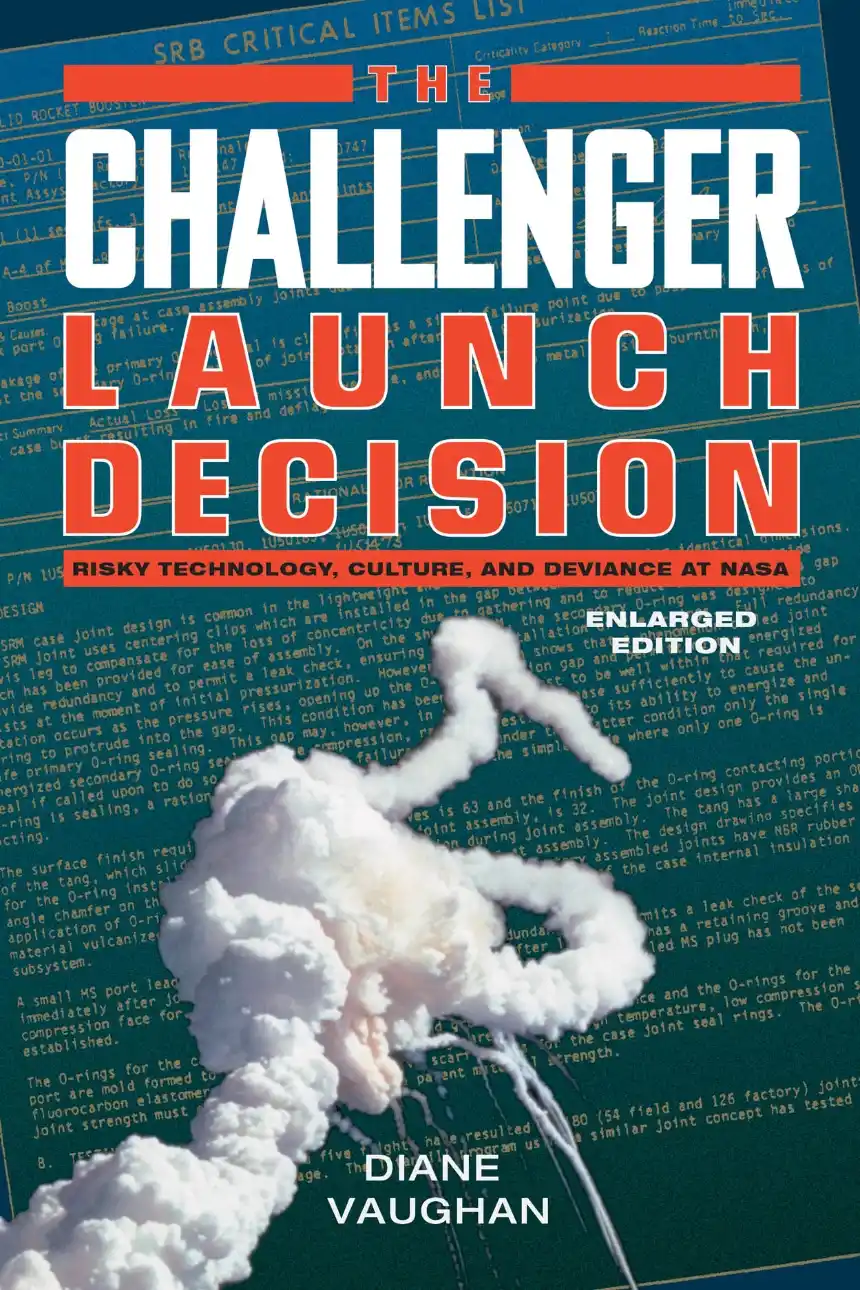
The Challenger Launch Decision
by Diane Vaughan
When we think about our behaviors in this digital age — like checking email 77 times a day or checking phones throughout the night or texting while having a conversation with someone or using your phone when your kids want your attention — we’ve come to accept these behaviors as normal. Diane Vaughan is the person who identified the idea that we slowly accept nonnormal behaviors as being normal. So this book is such a fascinating account, an analysis of the Challenger shuttle disaster in 1986. And when I think of politics, boy, this idea is especially relevant, especially Trump’s behavior. We have slowly expanded our bounds of what is normal. So her book is really a warning to us.
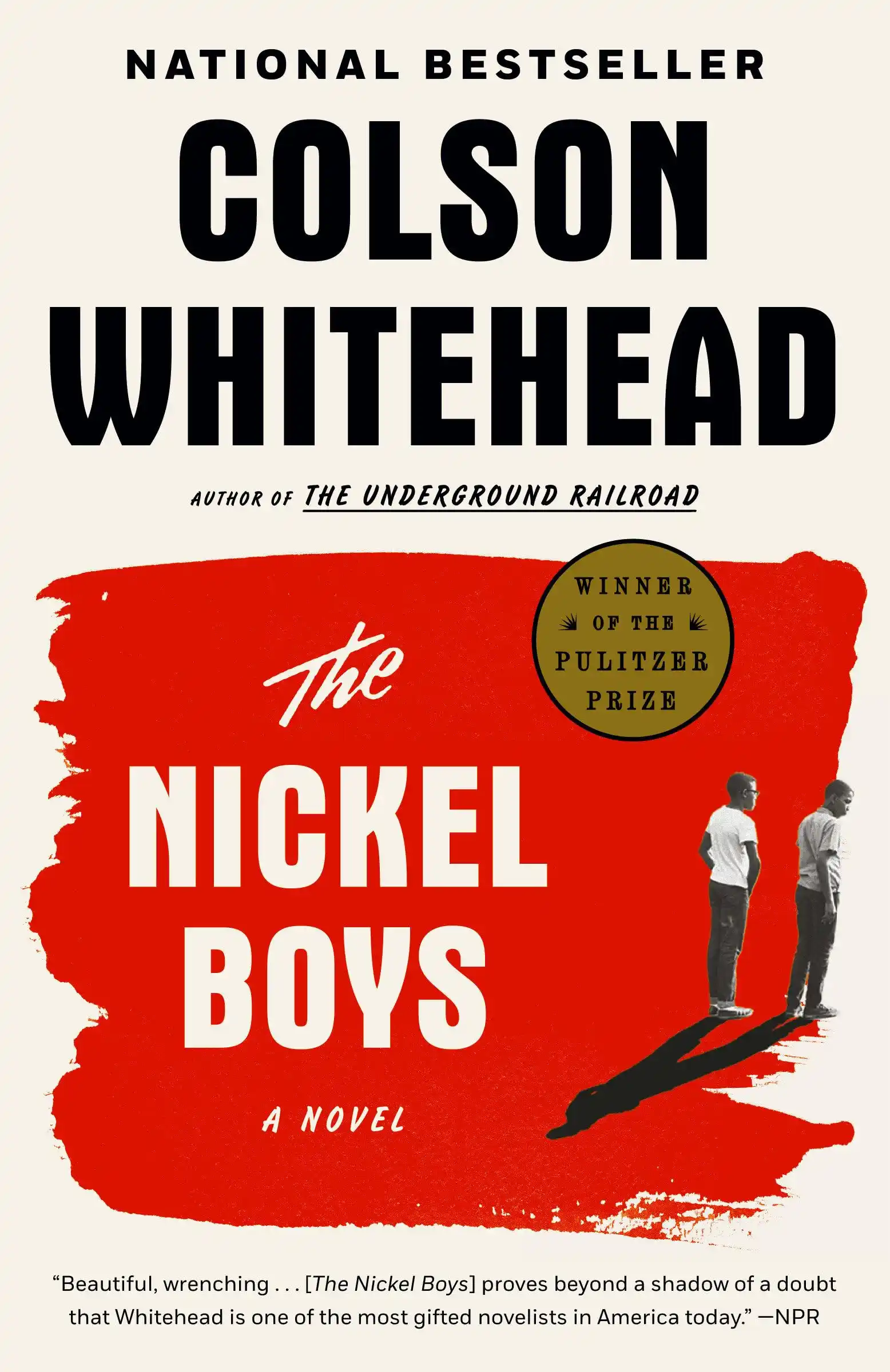
The Nickel Boys
by Colson Whitehead
One of the books that I have read in the past two years that has impacted me considerably and that I consider to be absolutely exquisite in its writing and in its power and in its message is “The Nickel Boys” by Colson Whitehead. That is one of the best books I’ve ever read.
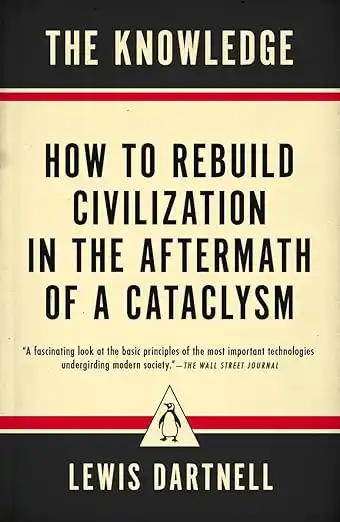
The Knowledge
by Lewis Dartnell
It is ostensibly almost a survival guide, but it is about how to rebuild industrial civilization from the ground up if we were to collapse. And I don’t recommend it as a survivalist. I recommend it because it is fascinating to see how complex our world is and how many interrelated pieces we’ve managed to build up as a society. And in some ways, it gives me a lot of hope to think about how all of these interconnections work.
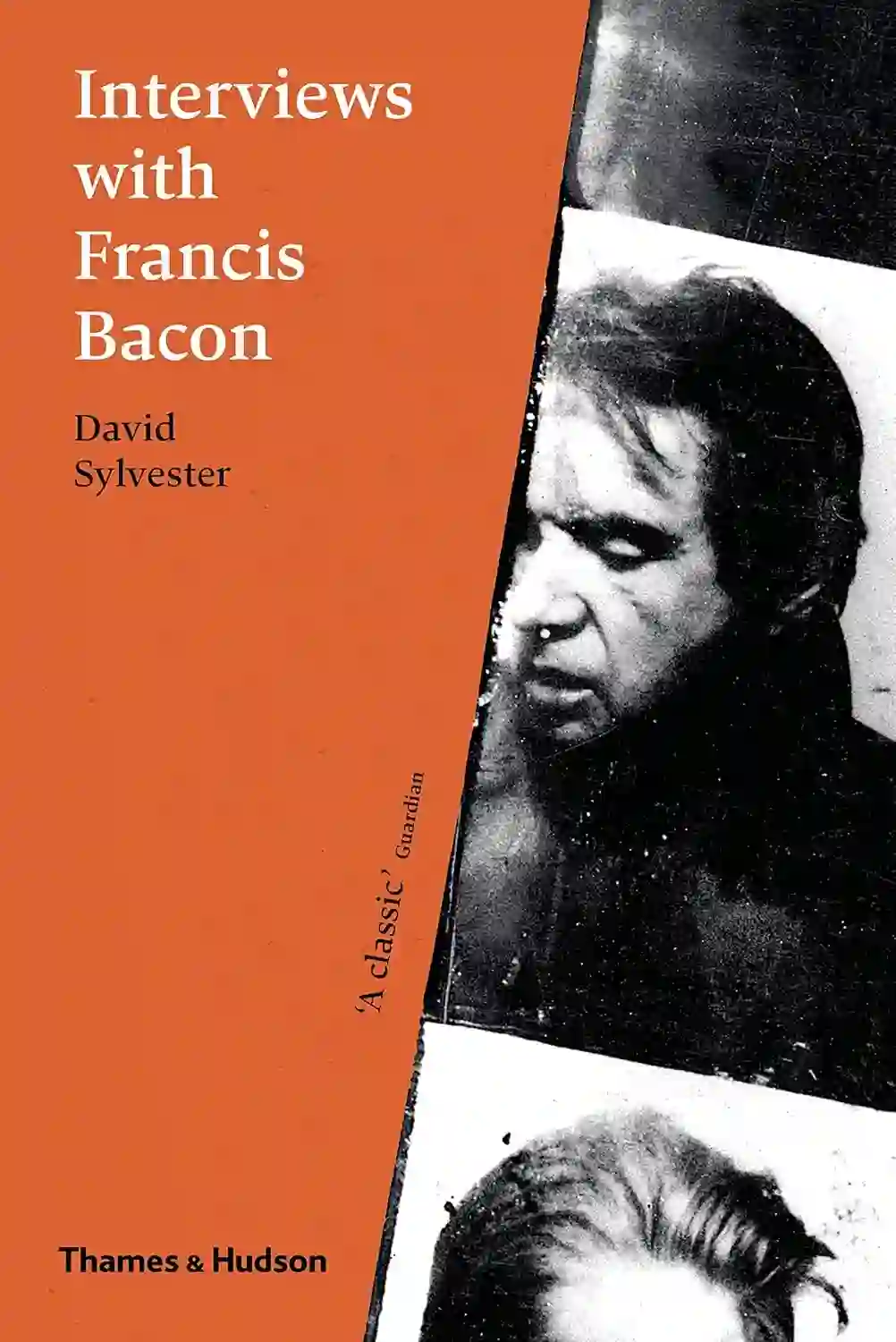
Interviews With Francis Bacon
by David Sylvester
I’m not a wild fan of Francis Bacon’s art. I am a wild fan of Francis Bacon as a thinker about how art gets made. And I learned so much from that book that went into this book that I wrote.
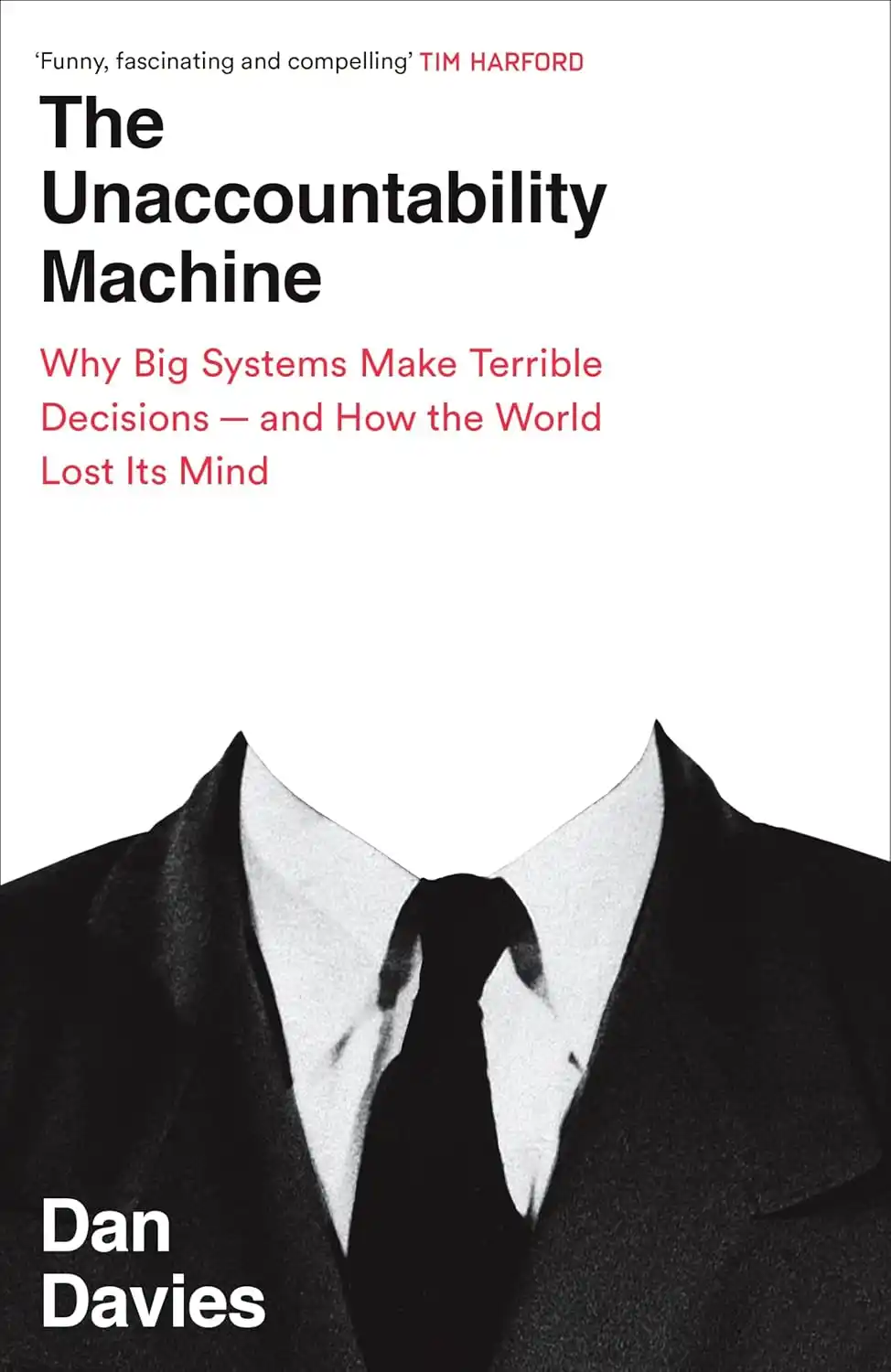
The Unaccountability Machine
by Dan Davies
A fantastic exploration of why, when things go very wrong in our society, at the end of the day, after all of the investigations, there’s sort of no one to blame, and it’s the structures of our institution that we’ve created to do that.
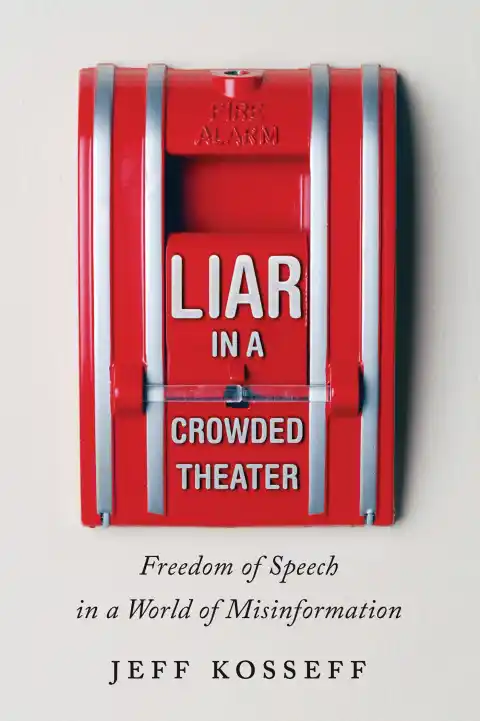
Liar in a Crowded Theater
by Jeff Kosseff
“Liar in a Crowded Theater” by Jeff Kosseff is a book about the First Amendment and why we preserve the ability to lie in America. I have very complicated thoughts about the First Amendment right now. I think social media companies should do a better job protecting my kid. I also think the First Amendment is really important. And those ideas are crashing into each other.
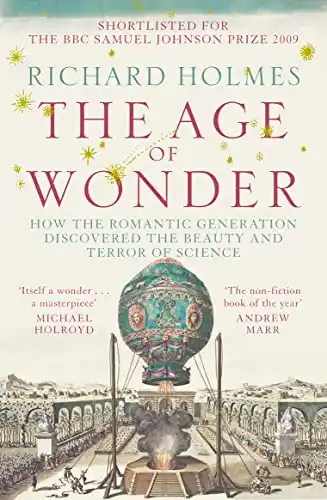
The Age of Wonder
by Richard Holmes
It’s the best book. I used to give it to everybody. It talks about when Darwin went south, he really couldn’t come home and publish for a long time because the religious community couldn’t accept that.
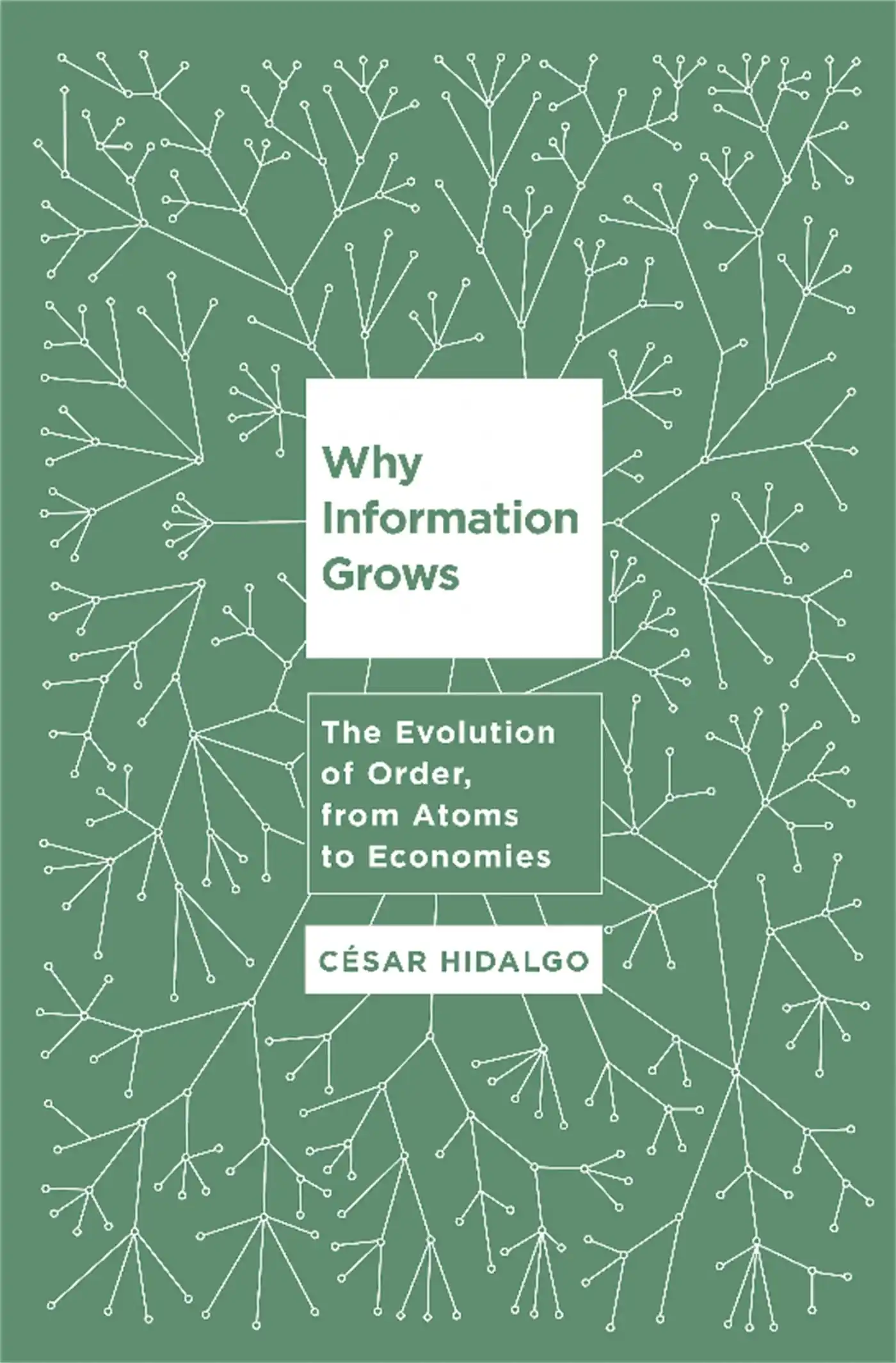
Why Information Grows
by César Hidalgo
One book which greatly influenced my book was “Why Information Grows,” which is by a physicist named César Hildalgo, who presents a very different way of thinking about economic growth. Rather than merely thinking about labor and capital and land, all the foundational aspects you may have learned in a high school economics class, he thinks what matters is connection — people connecting with each other, companies and people and universities and even countries. So that sort of connection economics and economic openness is really at the heart of the vision I tried to give in my book.
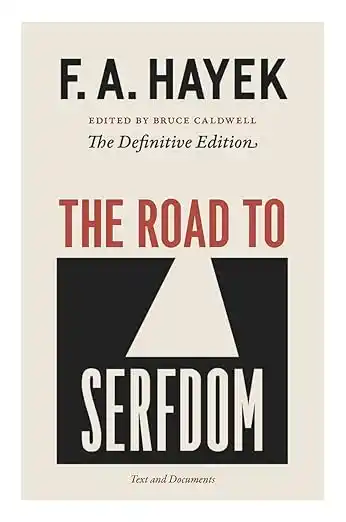
The Road to Serfdom
by Friedrich Hayek
I think Hayek is misunderstood or misremembered — as so many scholars are — and sometimes it’s worth going back and just remembering what they actually had to say. And on some of these questions relating to pure fantasyland libertarianism versus actually very pragmatic insights that he had in that book about making sure that national security was a separate category from these questions related to economic policy — is worth even for a modern libertarian to remind themselves of when we think about the future of our own country.
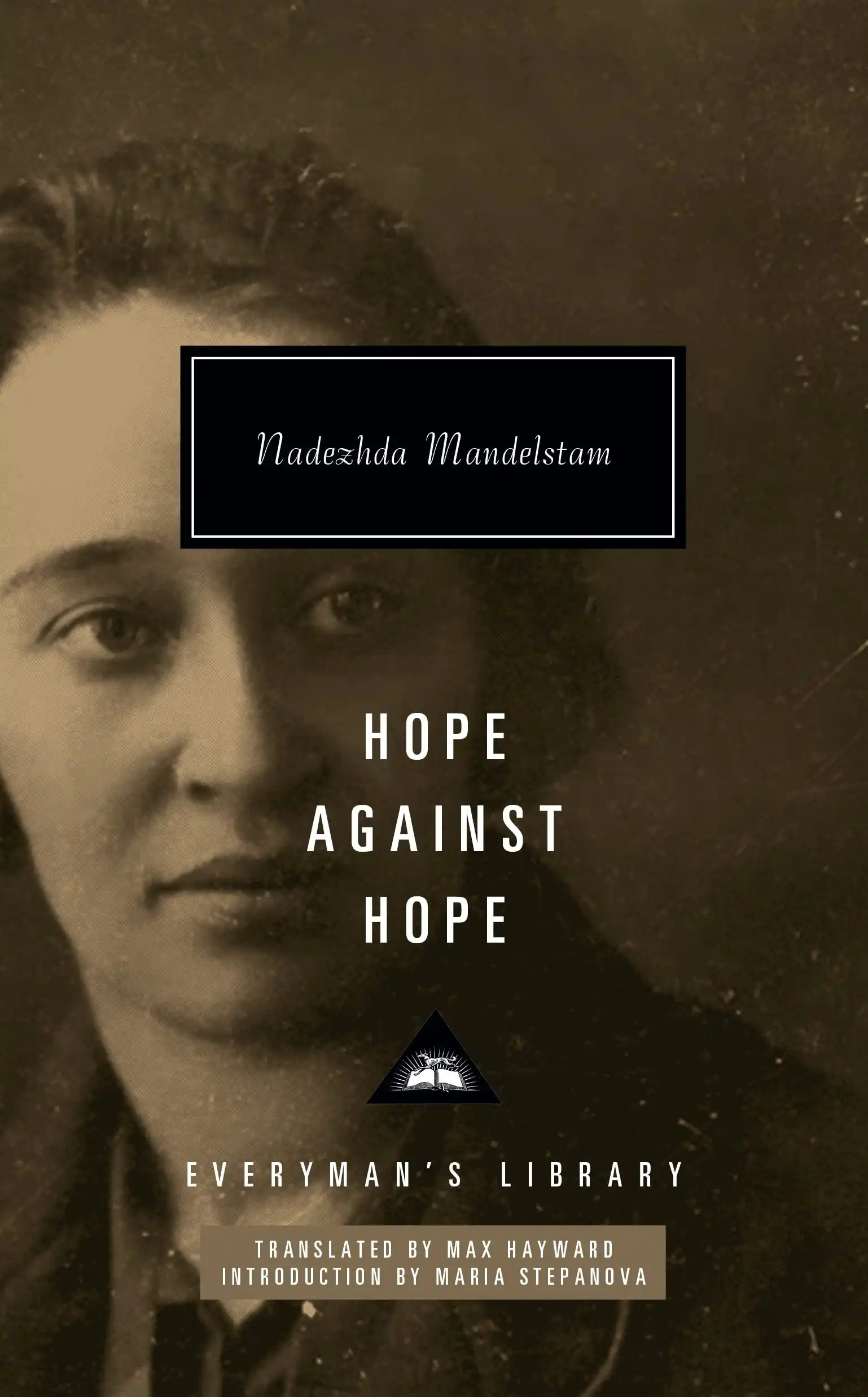
Hope Against Hope
by Nadezhda Mandelstam
A memoir by Nadezhda Mandelstam, who was the widow of the great poet Osip Mandelstam, in which the ferocity of spirit and facing up to the worst that the world has to offer, particularly during the Stalin period, is exemplified in the most heroic way.
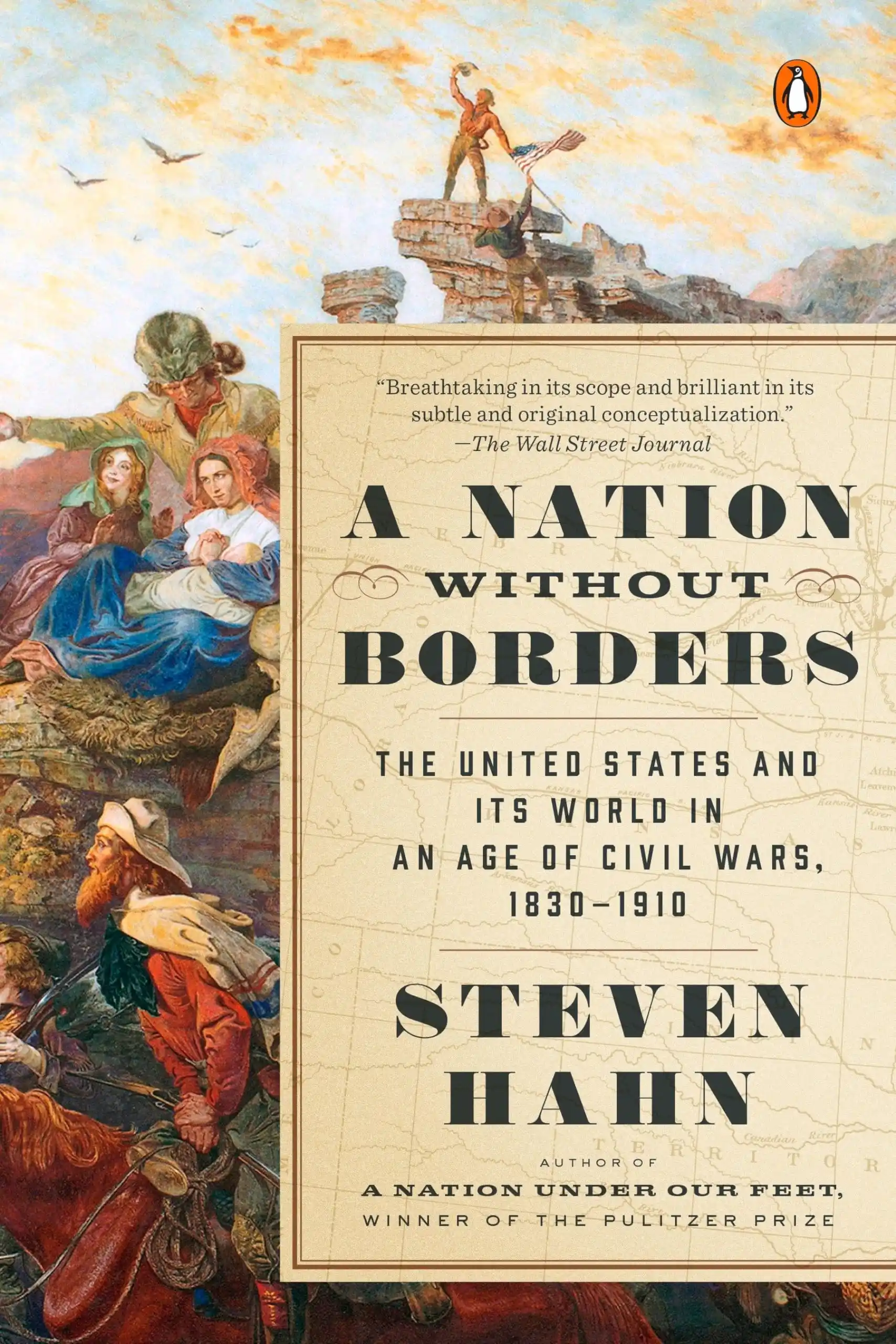
A Nation Without Borders
by Steven Hahn
The reason it’s so resonant now is that the 19th century still informs so much of what happens in the 21st, in that you’re seeing America attempt to become an empire, even though that, of course, is not what was supposed to happen, right? You’re seeing America in terms of its internal colonialism with regard to Native Americans — the Seminole war, which Hahn points out is the longest American war until Vietnam. And it’s just a whole set of thoughts and ideas that I think are helpful for this moment.
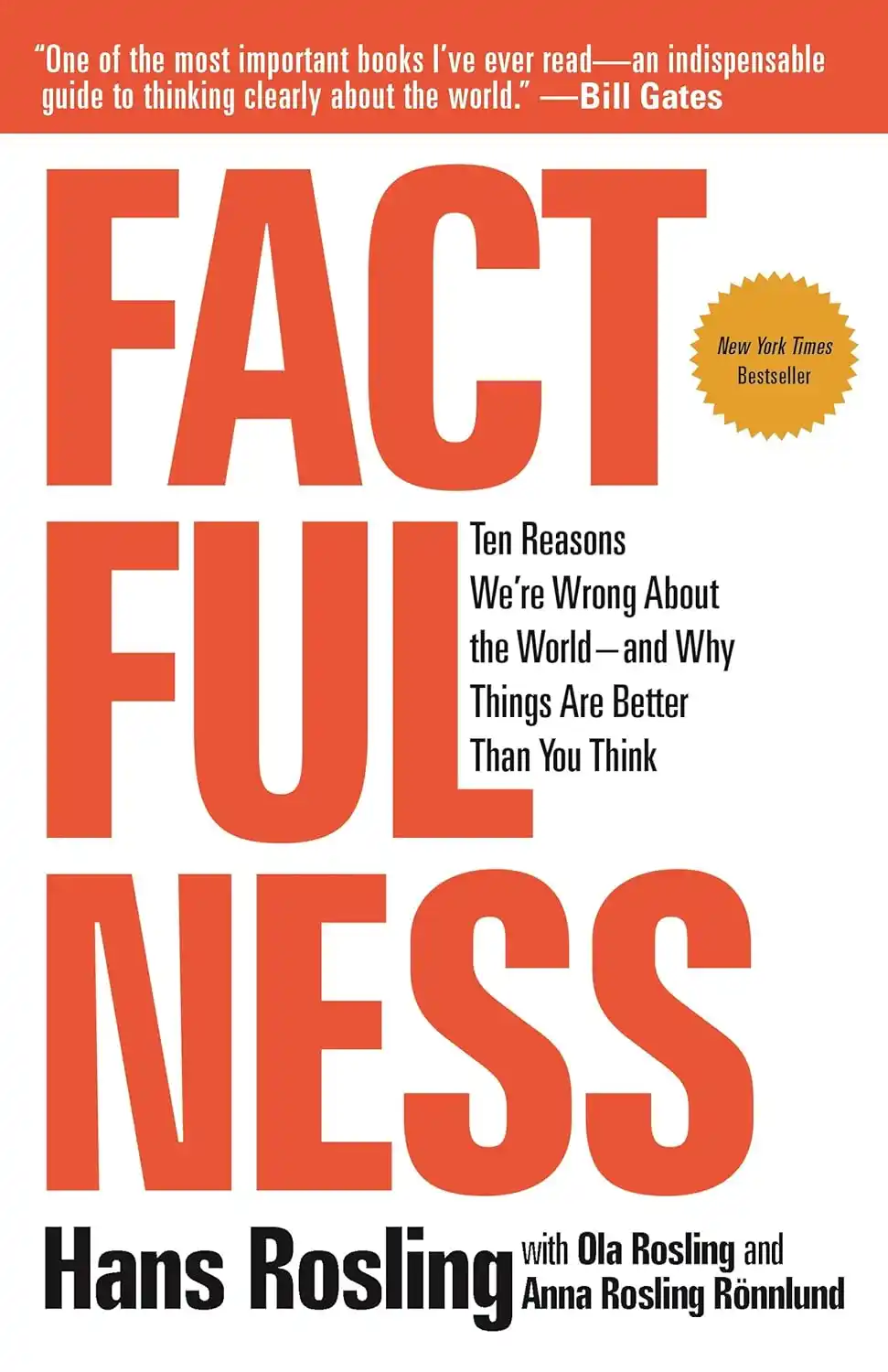
Factfulness
by Hans Rosling
Anyone who knows my work or knows Our World in Data will know that we’re massive fans of Hans Rosling. He was a big inspiration to me, and he was really the first person that got me into looking at the world through data and really zooming out to understand what was going on. His book on factfulness looks at the long history of many measures of human well-being and global change but, more importantly, gives 10 key rules or pitfalls that guide you into how to understand the world, how to understand data, how to understand the information ecosystem and how that shapes your thinking in the world. So it had a profound impact on me, and I hope it does on you as well.

Foxe’s Book of Martyrs
by John Foxe
I spend a good deal of time, for a while, looking at “The Acts and Monuments of the Martyrs,” which is a neglected, major source for Shakespeare’s plays. I’m very interested in the 14th century, which was terrible because it had wars and famine and plague and so on but which produced a great deal of very beautiful writing.
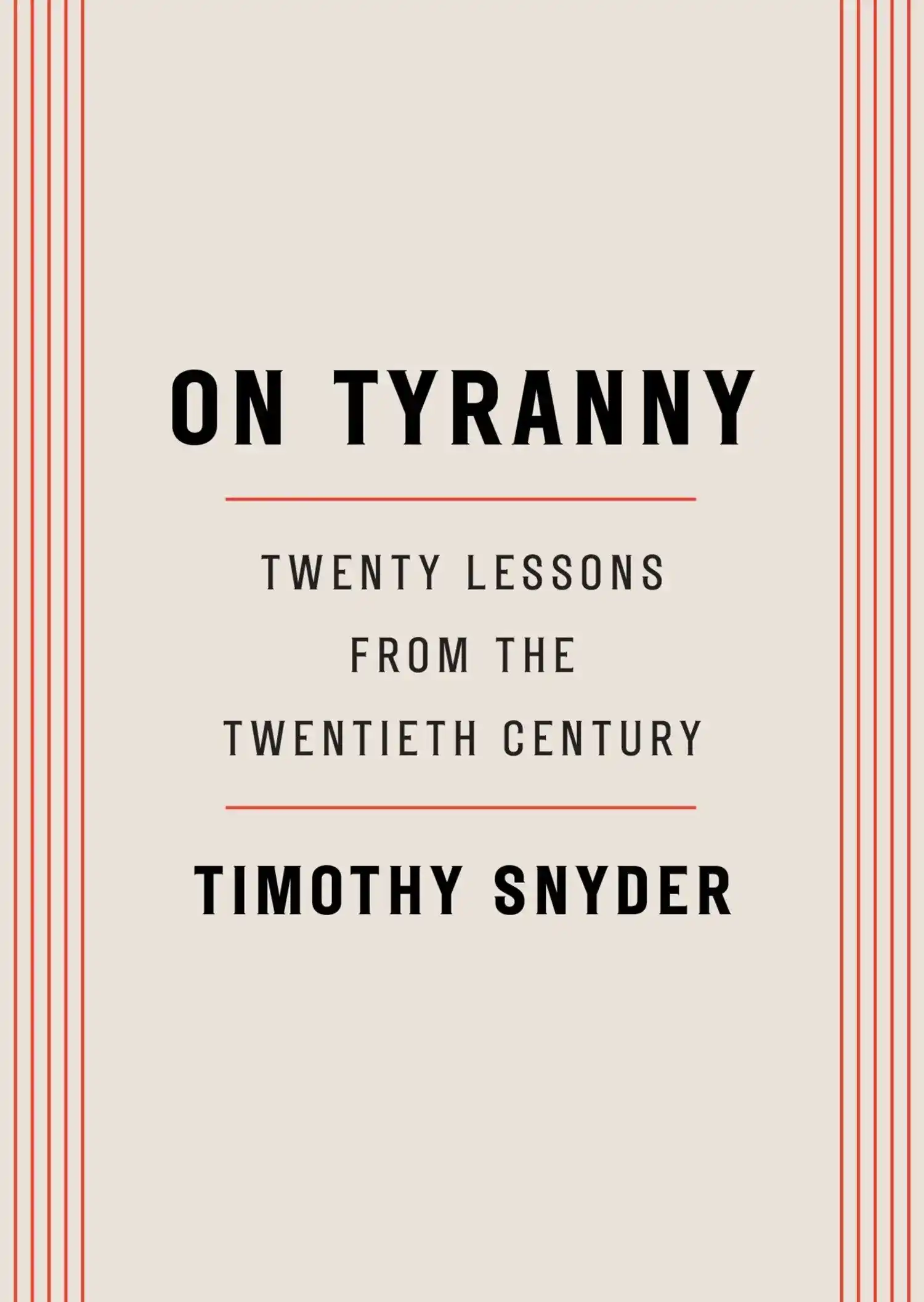
On Tyranny
by Timothy Snyder
His first chapter, which is called “Do Not Obey in Advance,” is something that I literally think about every single day about everything that I do. It’s a very powerful articulation of how we can’t yield to the authoritarian narrative story impulse, we can’t self-censor and that we need to create our own reality and stay in our own reality and not yield to what they want us to do. It’s a central operating principle, I think, for Democrats and for people who are pro-democracy in the United States now
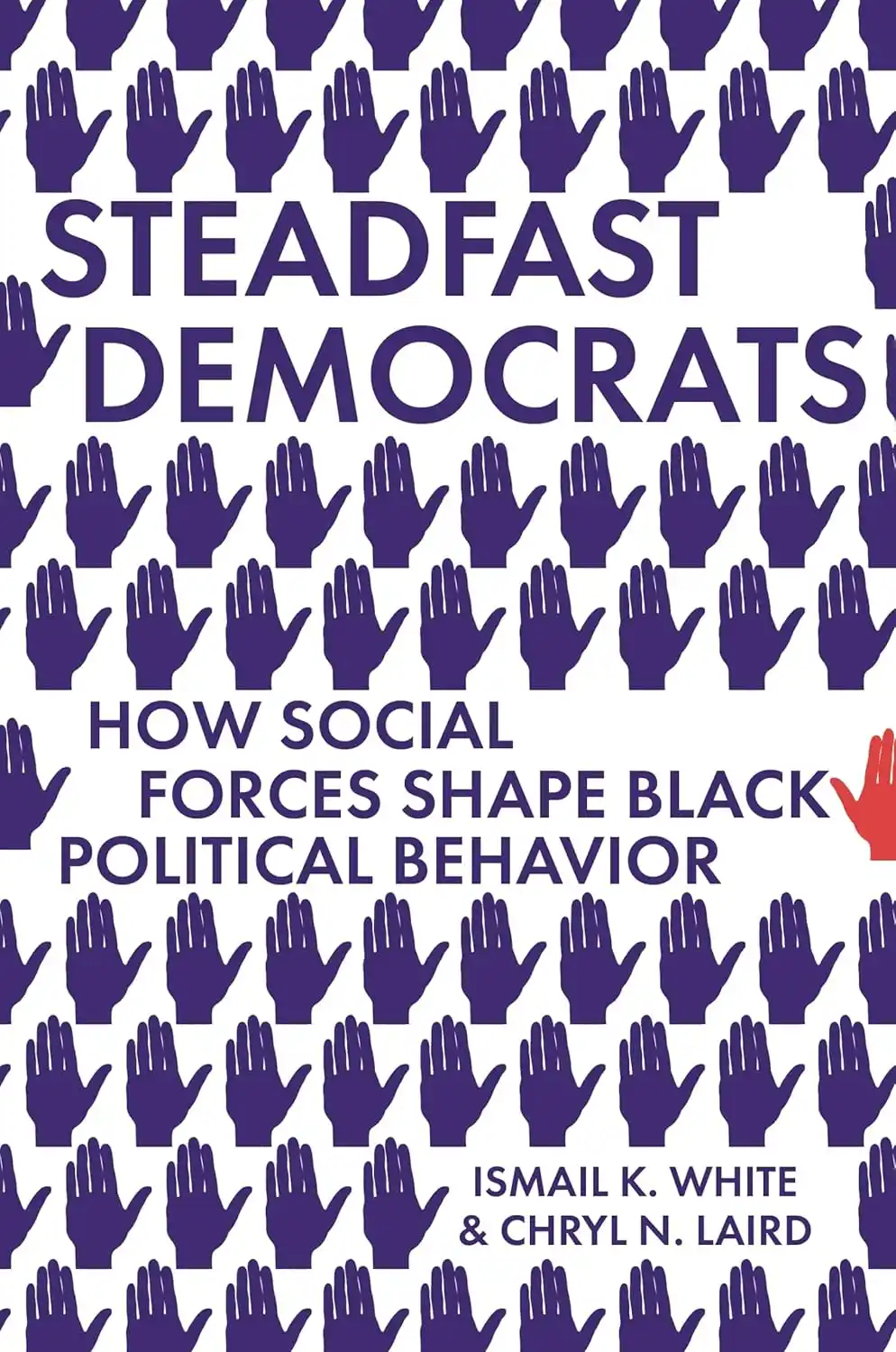
Steadfast Democrats
by Ismail K. White and Chryl N. Laird
“Steadfast Democrats” by Ismail White and Chryl Laird looks at the history of Black politics in the modern era and specifically focusing on why Black voters have been so solidly in the Democratic coalition for so long. The importance there of social pressure, the importance of a sense of shared community being something that enforces a norm towards voting towards the Democratic Party. It’s a book that I really love to read and reread to really understand what I think is kind of the missing puzzle piece of this Republican racial realignment.
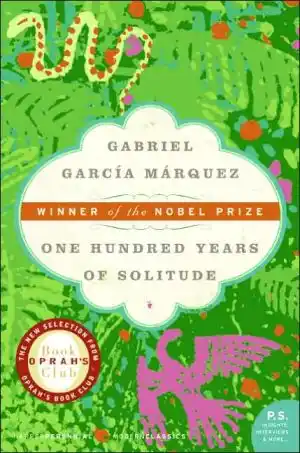
One Hundred Years of Solitude
by Gabriel García Márquez
“One Hundred Years of Solitude” is one of the most joyful books ever written. From the first sentence, you are plunged into this world of magic.
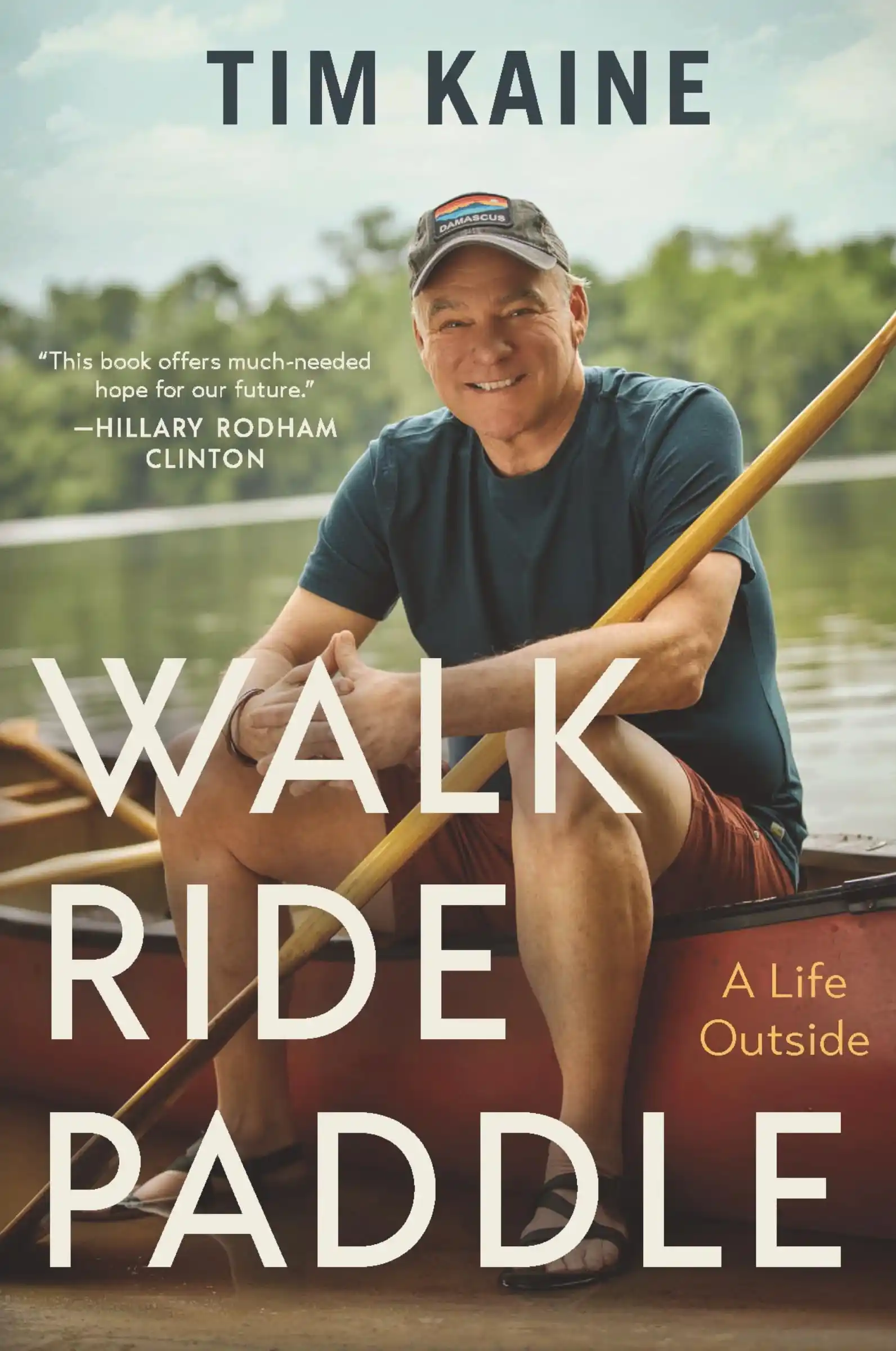
Walk, Ride, Paddle
by Tim Kaine
It’s a very fun book. And he’s just such a lovely man. It’s like a travel book, but it intersperses what was happening at the time politically, including two impeachments and the rest of it.
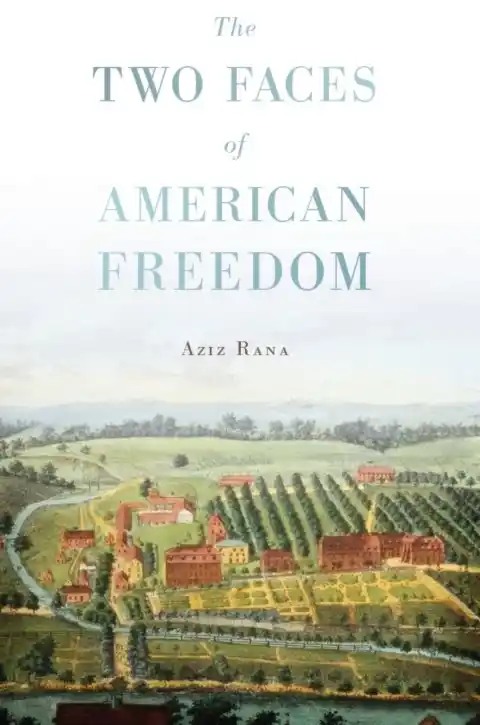
The Two Faces of American Freedom
by Aziz Rana
Aziz Rana is a law professor. He has a giant new book out about Americans’ views of the Constitution. But he, in 2010, wrote a very substantial and brilliant book called “The Two Faces of American Freedom” that is a good synthesis of a master theme in American history that goes back in scholarship to people like Edmund Morgan, that grapples with the idea that it’s precisely in a settler society that creates mass democracy in the world, pioneers it — it’s precisely the commitment to equality and freedom among a country’s citizens that intensifies and sharpens the violent subjugation and exclusion of those who are outside that citizenry. So it’s precisely the most small-d democratic forces across American history that are also often the advocates of the most eliminationist, genocidal or tyrannical treatment of those not included. Grappling with that duality is a huge part of making sense of 19th-century America, but it’s a kind of duality that plays all the way through American history.
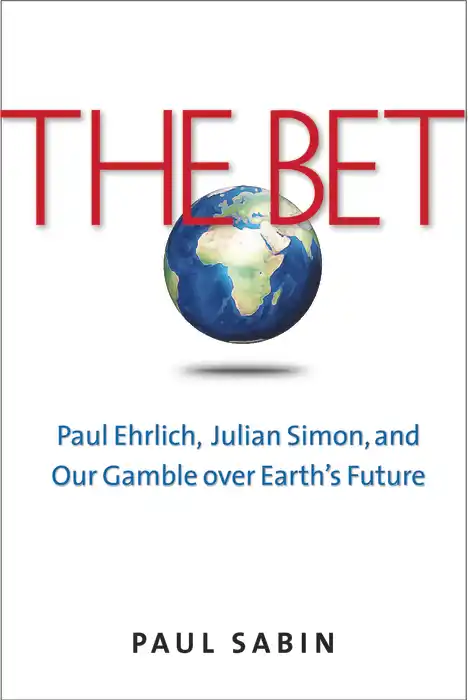
The Bet
by Paul Sabin
What I like about it is, there was not always the case that there was this huge divide between the left and the right over environmental ideas in the U.S. There was a time when we were kind of united on that. And it traces that history of how we came to be divided on this issue of overpopulation that I think is a really important thing to chronicle, and it’s a really interesting book.

The Object of Zionism
by Zvi Efrat
It’s very interesting that the architecture in Israel was brutalist in the first years of the country. Israel was a socialist country. And you saw here something that was perceived as communist. Israel was in a desperate need for building for the masses, but the outcome was very impressive, in terms of architecture in Beersheba, Tel Aviv and Jerusalem.
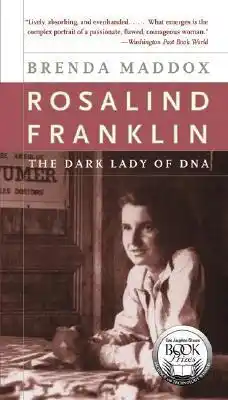
Rosalind Franklin
by Brenda Maddox
Rosalind Franklin was a scientist, happened to be a Jewish British scientist. She contributed dramatically to the discovery of the DNA code. And she was intellectually dispossessed — they took away her life’s work, and she died brokenhearted at the age of 38. And what I see in her is scientific heroism, feminist heroism. She is also family. She was my mother’s second cousin. And then a book, a biography, actually brought her resurrection, in a way, and today she is so appreciated. So I find an element of hope in that.
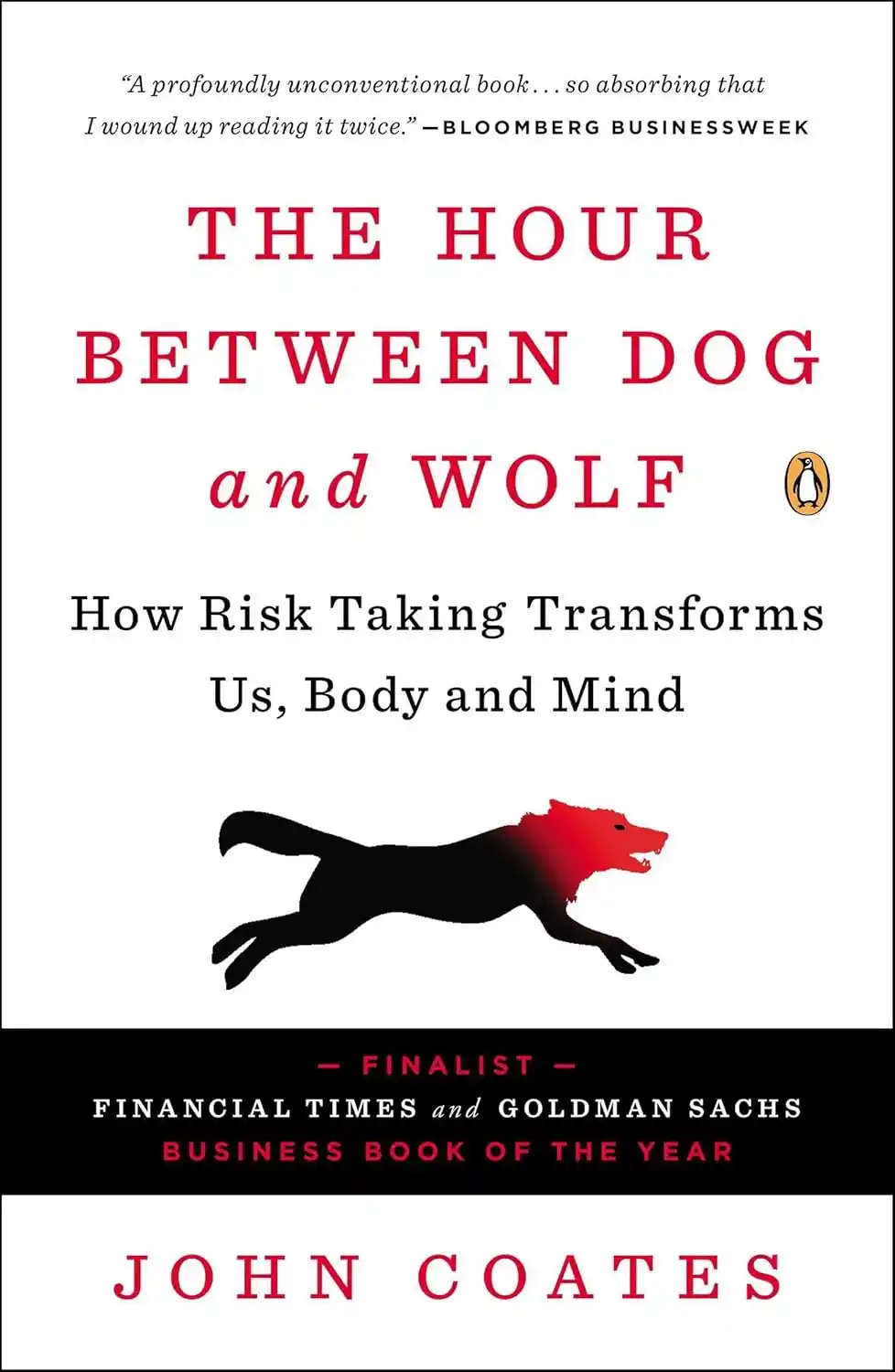
The Hour Between Dog and Wolf
by John Coates
John Coates is an academic economist who then became a derivatives trader, I think, for Deutsche Bank in New York and found out that the traders that he studied were really weird. Like, these traders would have strange physical and mental stress responses to the market rising or falling. And he was so fascinated by it that he went back and became a neuroscientist and basically did studies of traders — test the testosterone of, like, an options trader or a guy who works at a hedge fund and see how it varies from day to day and correlates with the performance. So he studies the physical responses of risk takers.
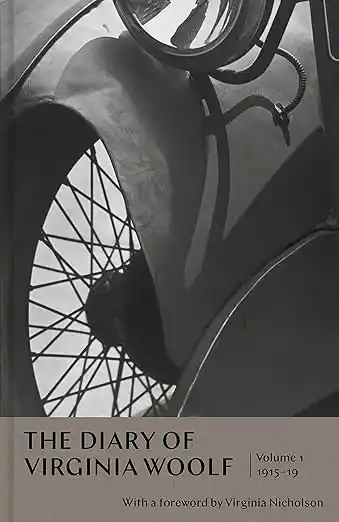
The Diaries of Virginia Woolf
by Virginia Woolf
There’s five volumes. I know that sounds like a lot of work, but honestly, that woman is just a pleasure to be around. Her mind is something I want to be around.
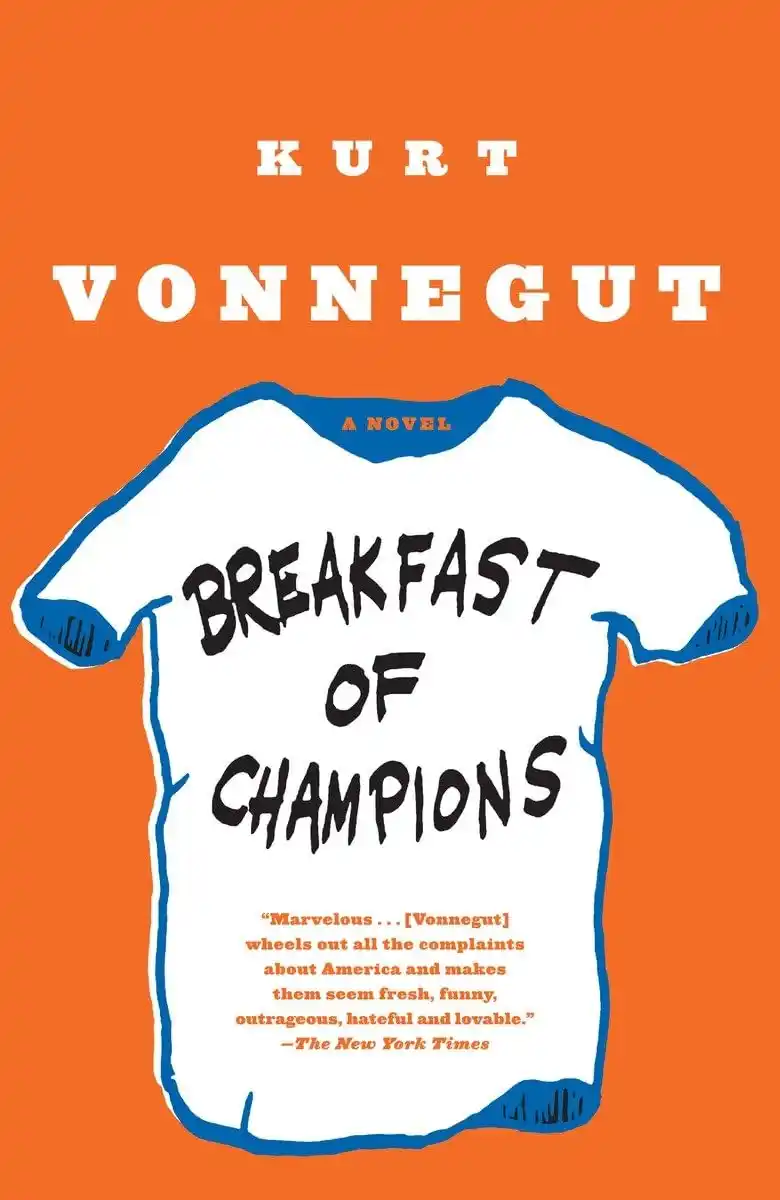
Breakfast of Champions
by Kurt Vonnegut
Get your hands on Vonnegut. If there is anyone that I think more impressed my worldview, it was Vonnegut — this idea of a guy who had been through World War II in Dresden and yet still maintained a hopeful humanistic approach, even tinged with the cynicism that obviously comes through people like George Carlin.
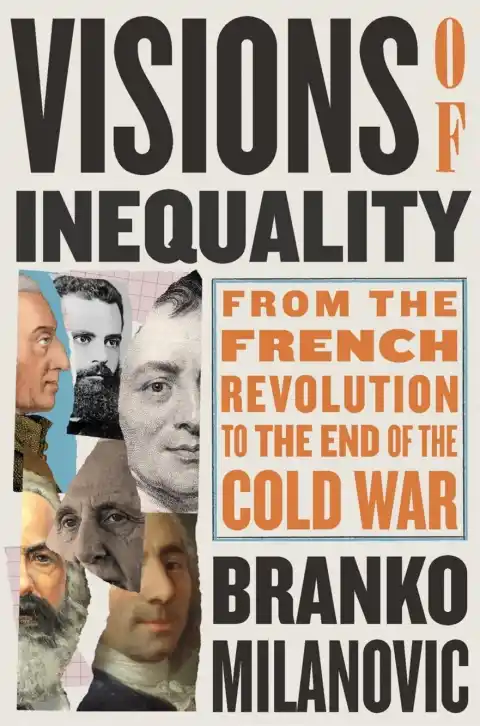
Visions of Inequality
by Branko Milanovic
This is a fabulous book for understanding how views of inequality have changed over time, seen through the lens of a lot of economic giants who set the tone for our understanding of inequality over time and how that evolved up until, as I said, the end of the Cold War and even getting a little bit into the way we are today, when inequality studies are, in a sense, enjoying a big renaissance. So I think that’s really a fantastic book to take a look at.
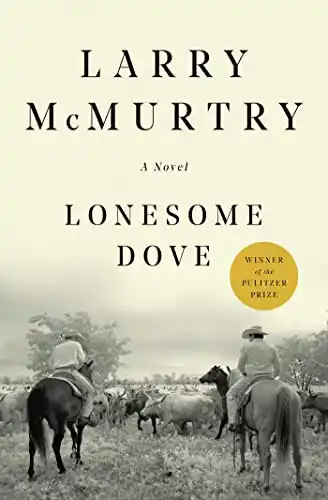
Lonesome Dove
by Larry McMurtry
I was extremely late to becoming “Lonesome Dove”-pilled. I was six months pregnant, and I was on a work trip to Thailand. And I had 48 hours of alone time on the end of that work trip. And I was like, “I need to bring the perfect book, the book that will make me feel like I’m a kid again, will give me just this wildly disproportionate, emotional attachment. I want to be sobbing by the end of this book.” I read “Lonesome Dove,” and it was all that and more. I have been “Lonesome Dove”-pilling many of my friends as the year has gone on. If anyone hasn’t read it, truly recommend it.
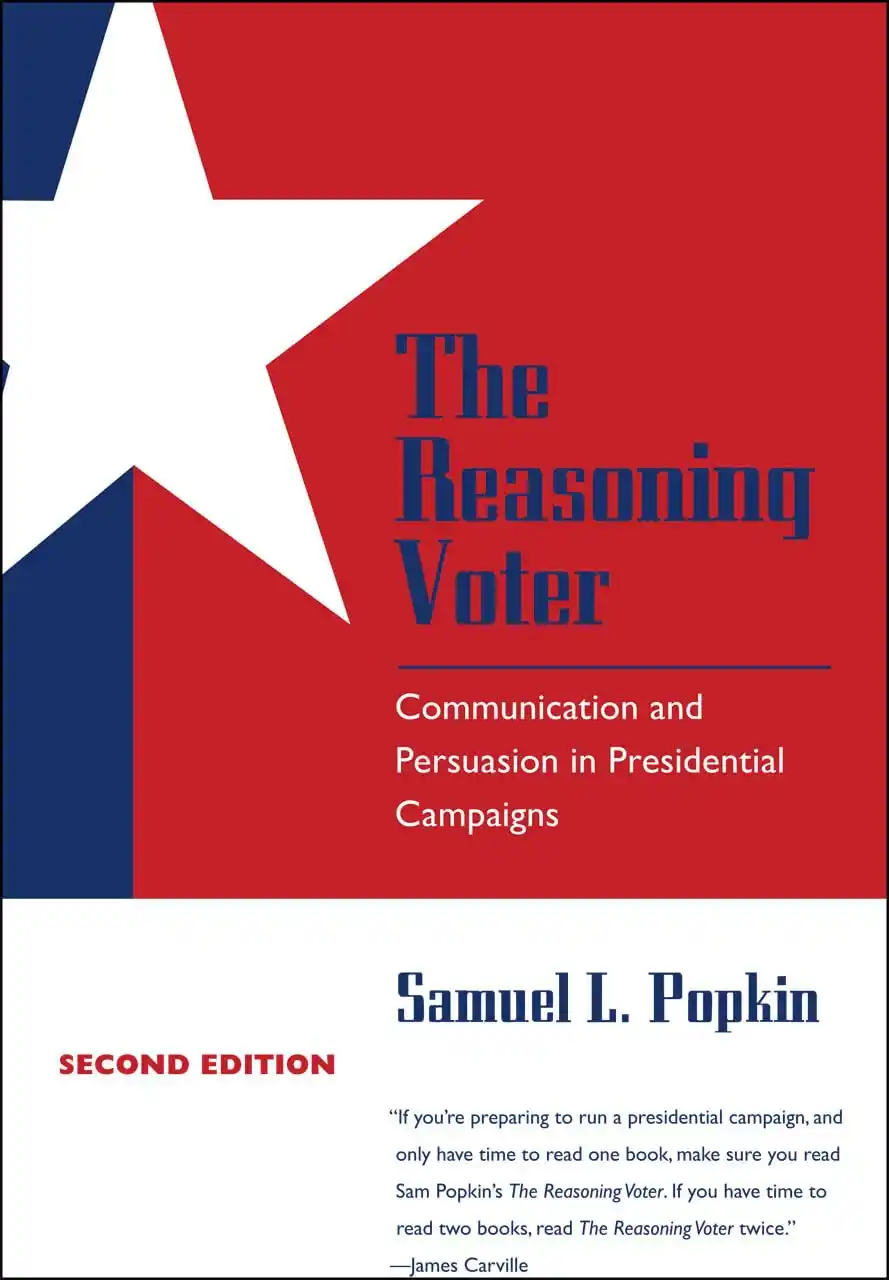
The Reasoning Voter
by Samuel L. Popkin
“The Reasoning Voter” goes through a huge amount of evidence and data and a theoretical way to think about people who don’t think about politics much. No one who reads “The Reasoning Voter” is a member of that club, but it helps to put your mind into the place of someone who is picking up little bits here and there and then earnestly trying to figure out who’s on their side and who will make their lives better.
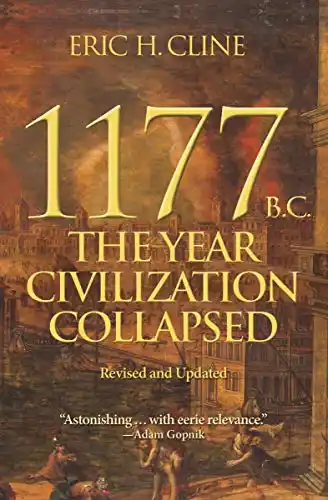
1177 B.C.
by Eric H. Cline
Eric Cline’s book “1177 B.C.: The Year Civilization Collapsed” has been recommended to me by so many people over the years. I finally read it. It’s fantastic. This is about things that happened thousands of years ago, but it’s really interesting.
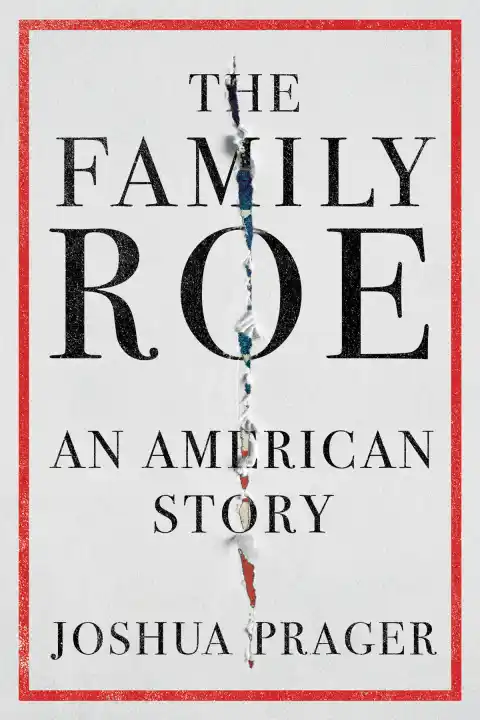
The Family Roe
by Joshua Prager
I would recommend Josh Prager’s “The Family Roe,” in part because it speaks to how complicated this issue is in the lived experiences of Americans. I think it’s easy, at times, to get caught up in the law and politics of this and not see the people who live the stories. And that book, I think, really beautifully illustrates that.
This post was originally published on here







